Introduction to Chess
Chess is a two-player strategy game believed to have been invented more than 1500 years ago in India. It is now one of the world's most popular games, played by millions of people of all ages around the globe. Chess involves deep strategic and tactical play, with each player controlling an army of 16 pieces: one king, one queen, two rooks, two knights, two bishops, and eight pawns, all moving differently on a 64-square board.
Understanding the Basics
The Chessboard
The chessboard is an 8x8 grid comprising 64 squares, half of them light-colored (often white) and half dark-colored (often black). The board is arranged between two players so that each player has a white square at the bottom-right corner. Correct board orientation is crucial for proper piece placement and movement.
The Pieces and Their Moves
Each type of chess piece moves in a distinct way:
- Pawns: Pawns move forward one square, but on their first move, they can move two squares. They capture diagonally.
- Rooks: Rooks move any number of squares along a row or column.
- Knights: Knights move in an L-shape: two squares in one direction and then one square perpendicular, or one square in one direction and then two squares perpendicular. Knights can jump over other pieces.
- Bishops: Bishops move any number of squares diagonally.
- Queen: The Queen combines the power of the rook and bishop and can move any number of squares along a row, column, or diagonal.
- King: The King moves one square in any direction. The king’s safety is the game's primary objective.
Special Moves
There are a few special moves in chess:
- Castling: A move that involves the king and one of the rooks. This move allows a player to do two important things simultaneously: get the king into safety away from the center, and get the rook out of the corner and more into the game.
- En passant: A special pawn capture that can only occur immediately after a pawn moves forward two squares from its starting position, and an opposing pawn could have captured it had it moved forward only one square.
- Promotion: When a pawn reaches the far side of the board (the eighth rank), it can be promoted to any other piece, usually a queen, which effectively increases the power and influence of the player’s army.
Setting Up the Board
Each player starts with their pieces set up in two rows. The back row, from left to right, comprises a rook, knight, bishop, queen, king, bishop, knight, and rook. The queen gets her own color starting square (white queen starts on a white square, black queen on a black square). The second row for both players is filled with pawns.
Basic Strategies and Tactics
Opening Principles
Good opening strategies lay the foundation for the middle game. Some general principles include:
- Control the Center: Occupying and controlling the central squares (e4, d4, e5, d5) gives your pieces greater mobility and options.
- Develop Your Pieces: Early in the game, focus on getting your knights and bishops into the game. Avoid moving the same piece multiple times or too many pawn moves.
- King Safety: This can typically be achieved by castling early to protect your king and connect your rooks.
Mid-Game Tactics
Once the board starts to open up, tactics become crucial. Key tactical elements in chess include:
- Forks: Using one piece to attack two or more enemy pieces at the same time.
- Pins: Immobilizing an enemy piece by threatening a more valuable piece directly behind it.
- Skewers: A reverse pin where a valuable enemy piece is in front and a less important piece is behind it.
- Discoveries: Moving a piece away to reveal a check or attack by another piece.
Endgame Fundamentals
The endgame begins when there are few pieces left on the board. Key strategies include:
- King Activation: In the endgame, the king transforms from a liability into a strong piece and should be actively used.
- Pawn Promotion: Often, the aim of the endgame is to promote a pawn to a queen. Strategies usually revolve around achieving this goal while stopping your opponent from doing the same.
- Utilizing Passed Pawns: A passed pawn (one with no opposing pawns to prevent it from advancing) is a significant advantage in the endgame.
Improving Your Chess
Study Classic Games
Analyze games played by grandmasters to understand strategic ideas and common patterns in openings, mid-game tactics, and endgame strategies.
Practice Regularly
Like any skill, chess requires practice. Playing regularly, either in person or online, helps hone your instincts and deepen your understanding of the game.
Use Chess Software and Apps
Technology can be a valuable tool in improving your chess game. Many apps and websites offer instructional videos, tactic trainers, and the ability to play against others or computer opponents at varying levels of difficulty.
Conclusion
Mastering chess is a journey that involves learning the rules and basic strategies, improving through study and practice, and ultimately enjoying the rich complexity and intellectual challenge it offers. Whether you aim to play competitively or for pleasure, the game of chess can provide a lifetime of enjoyment and mental stimulation.
Explore our large collection of beautiful chess sets!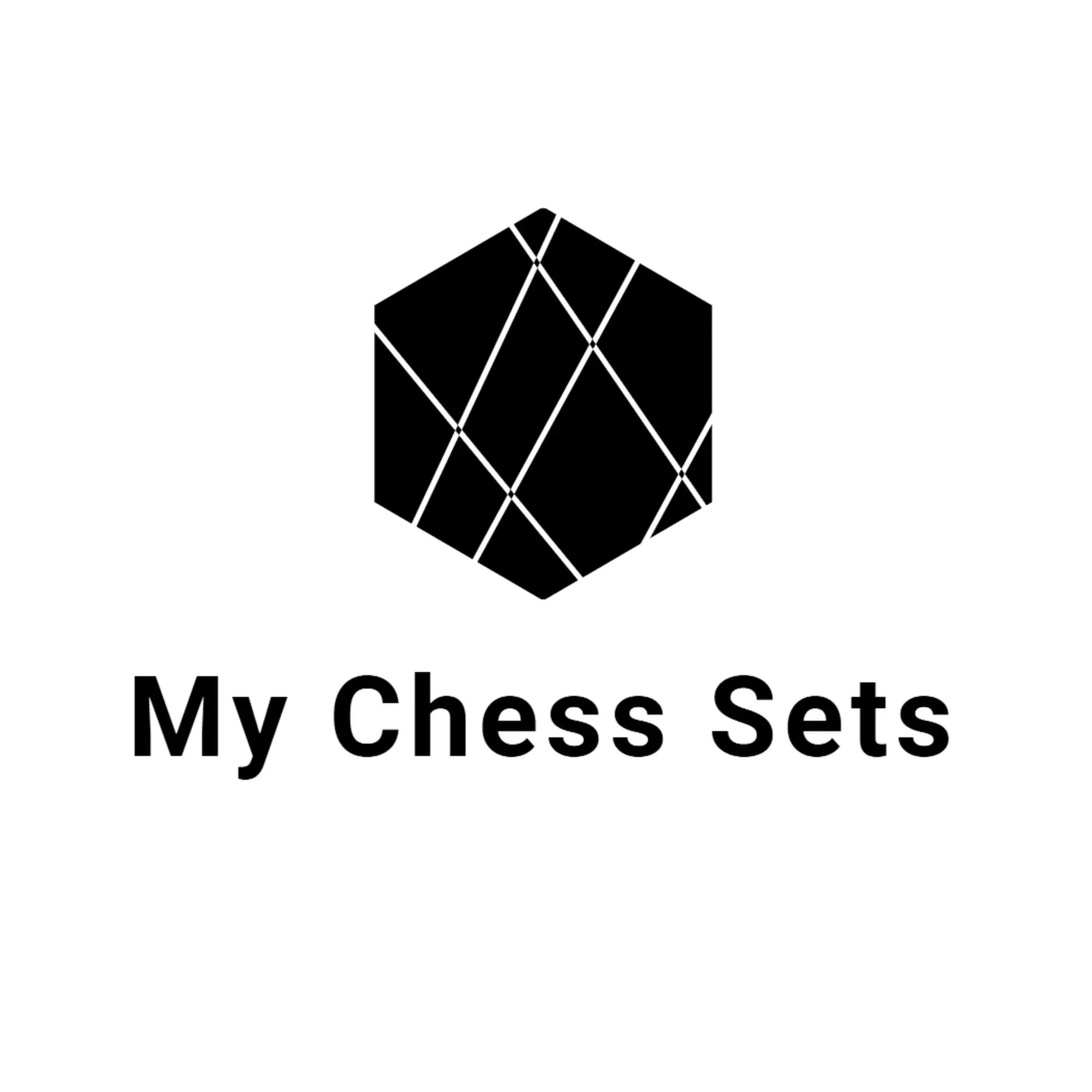

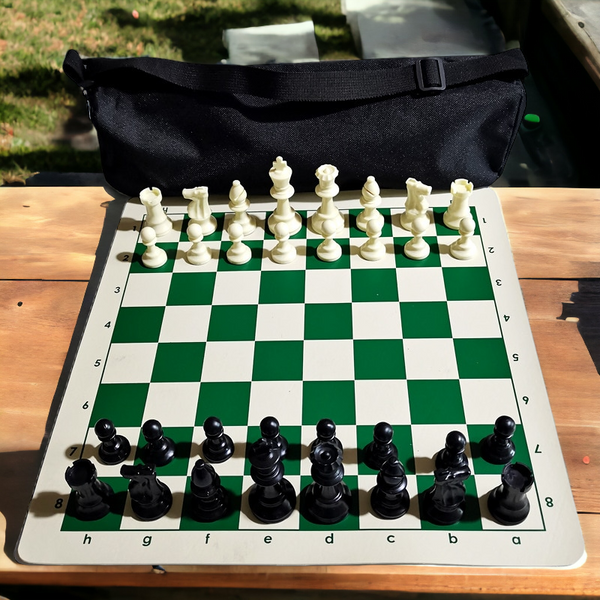
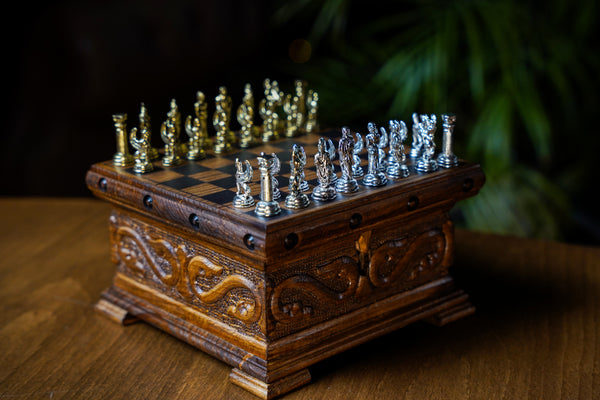
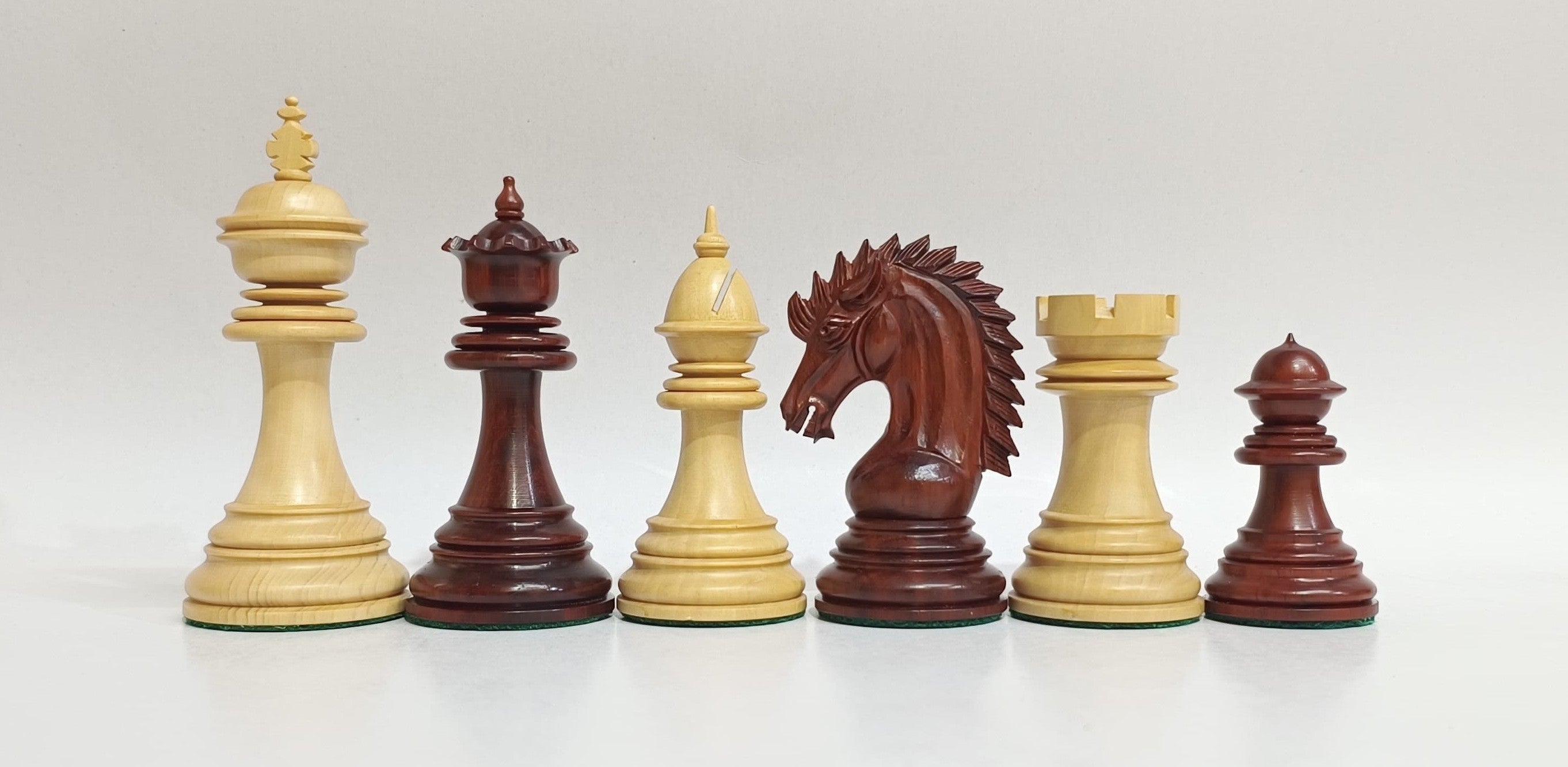
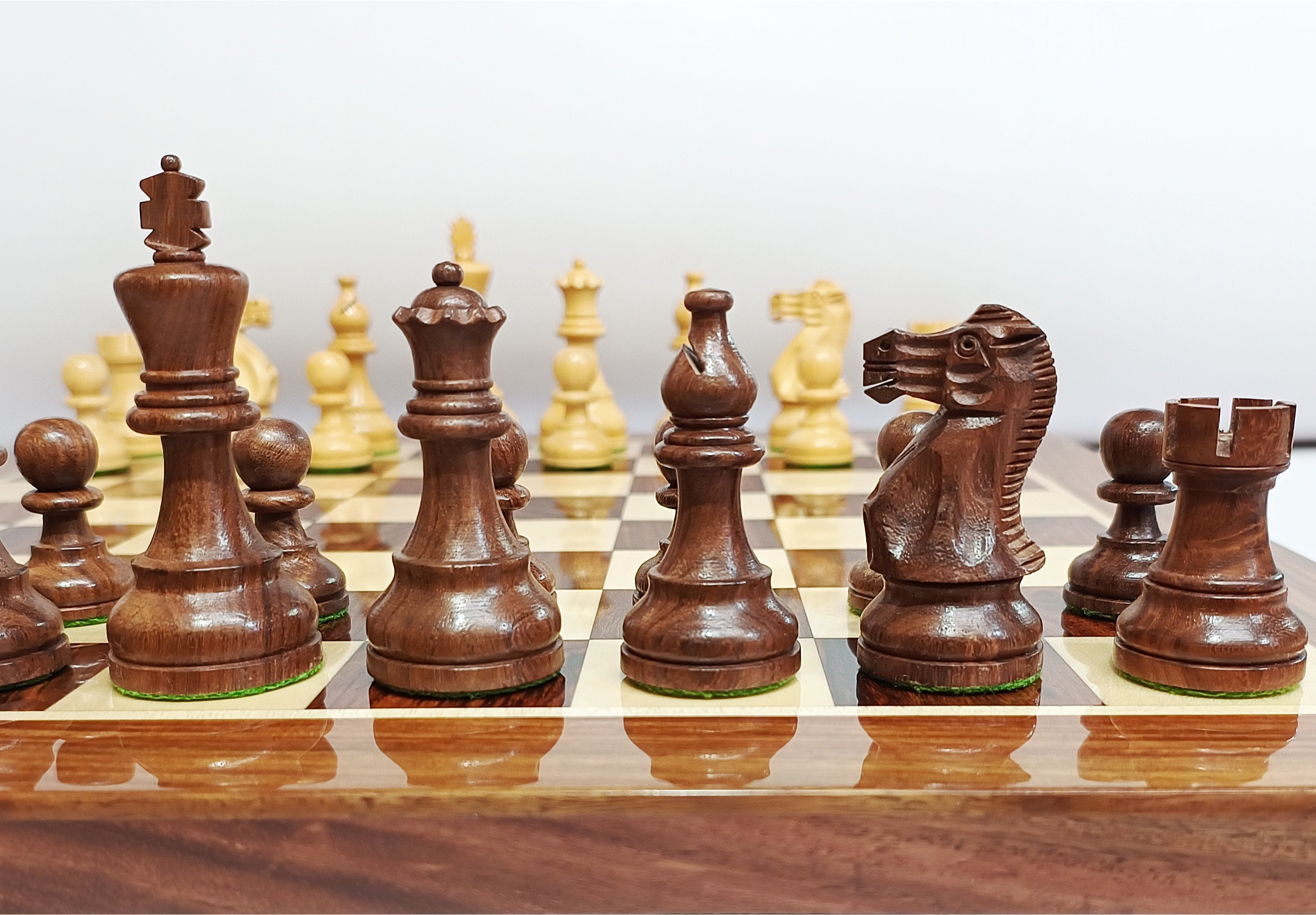
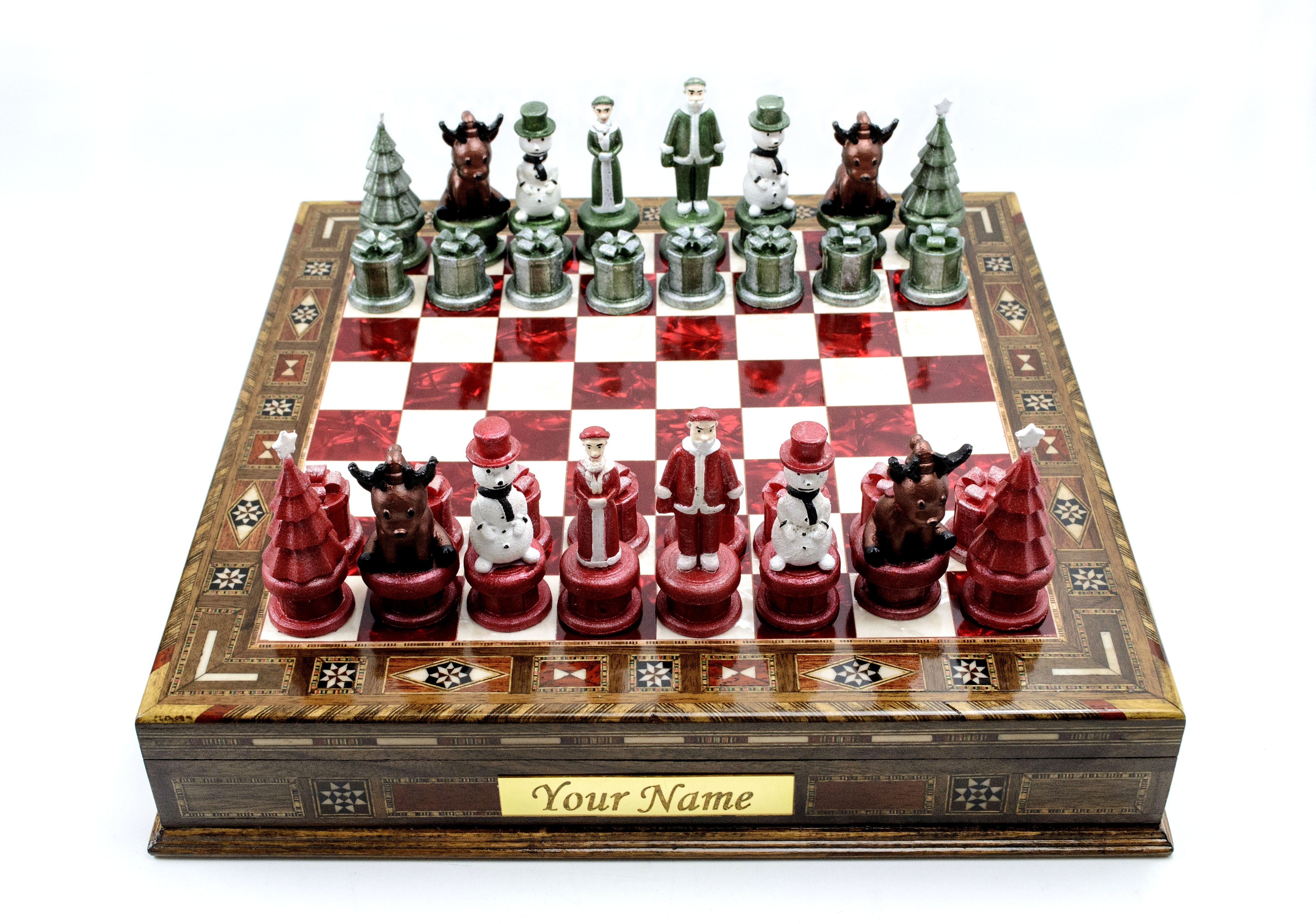
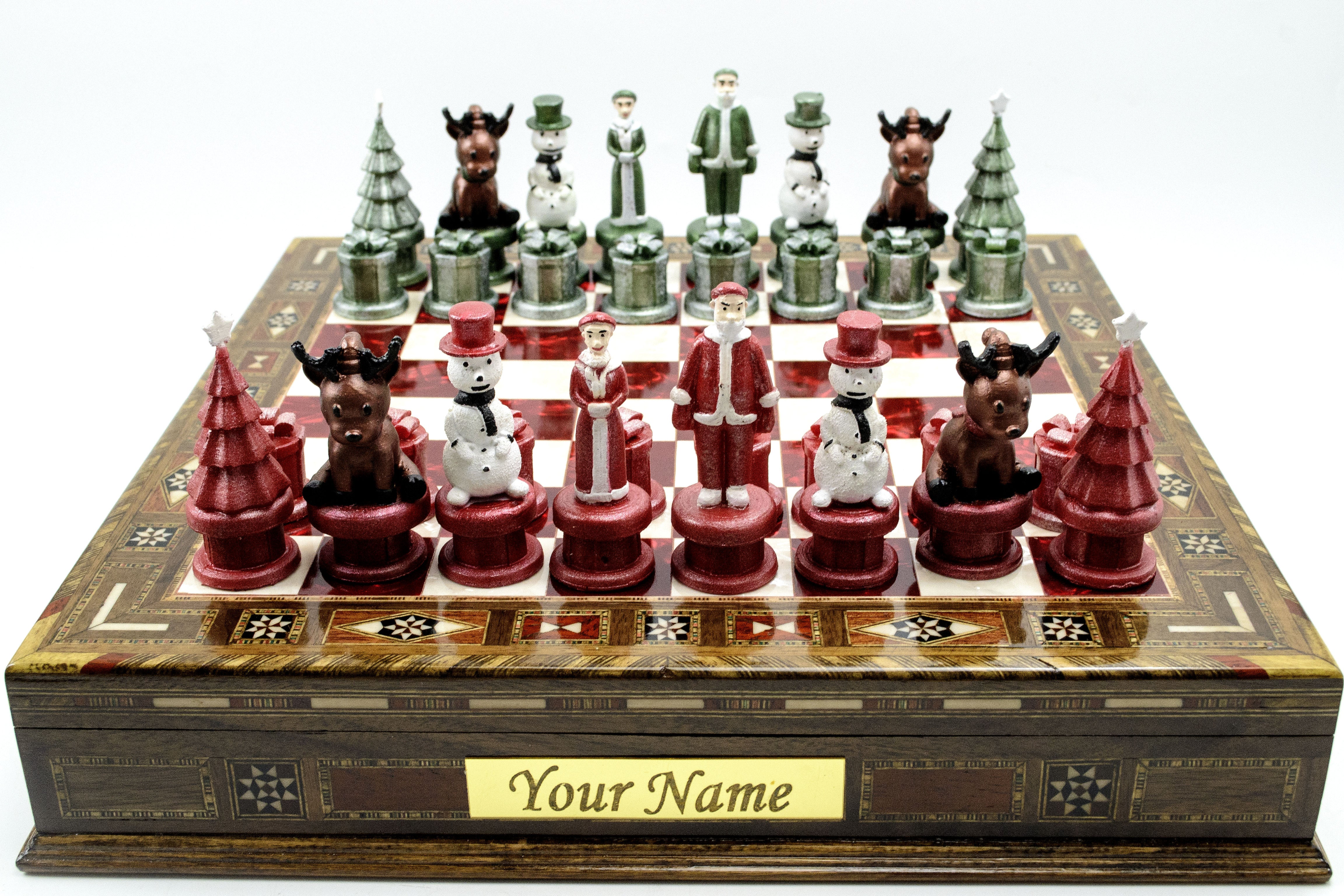
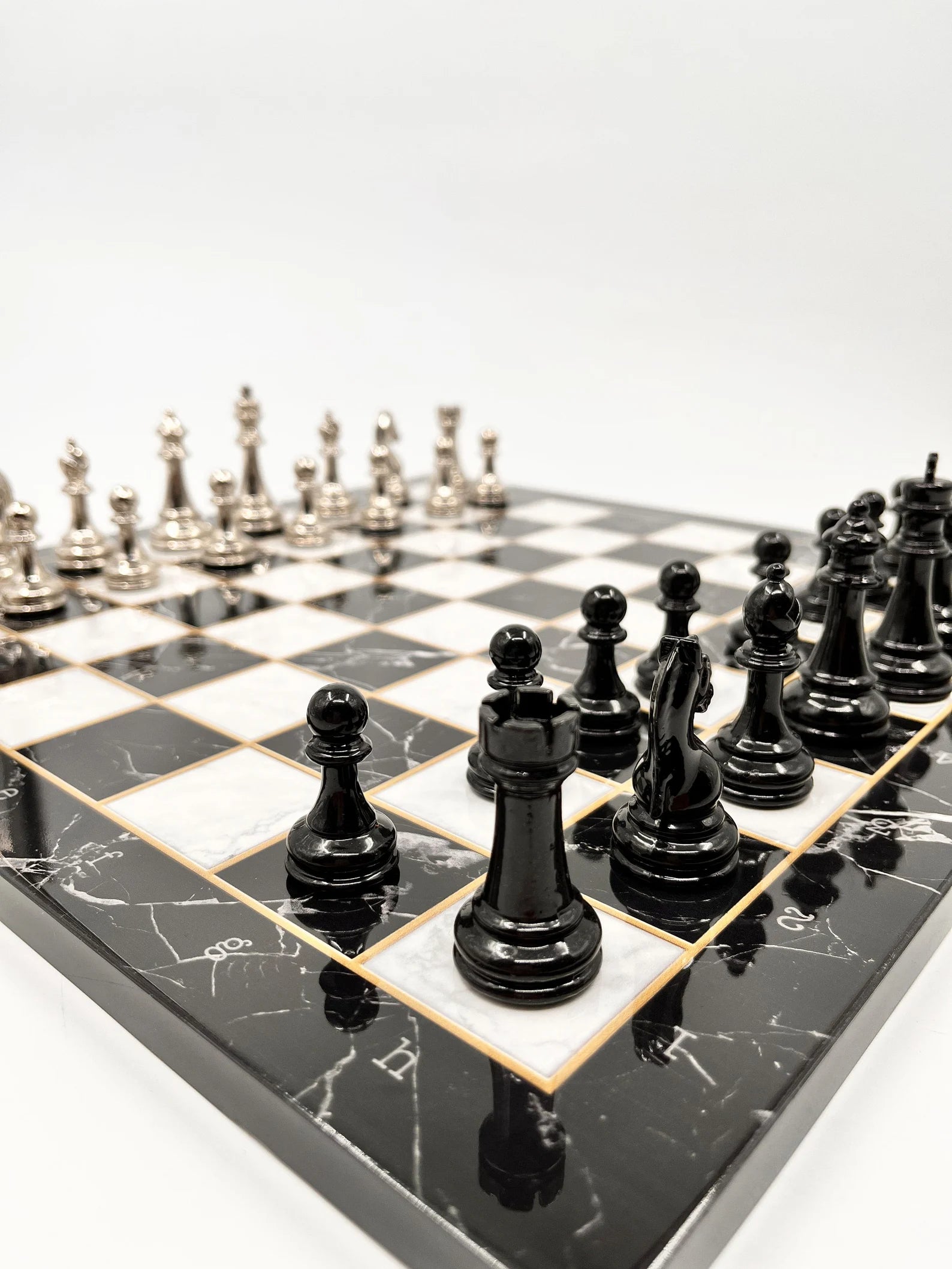
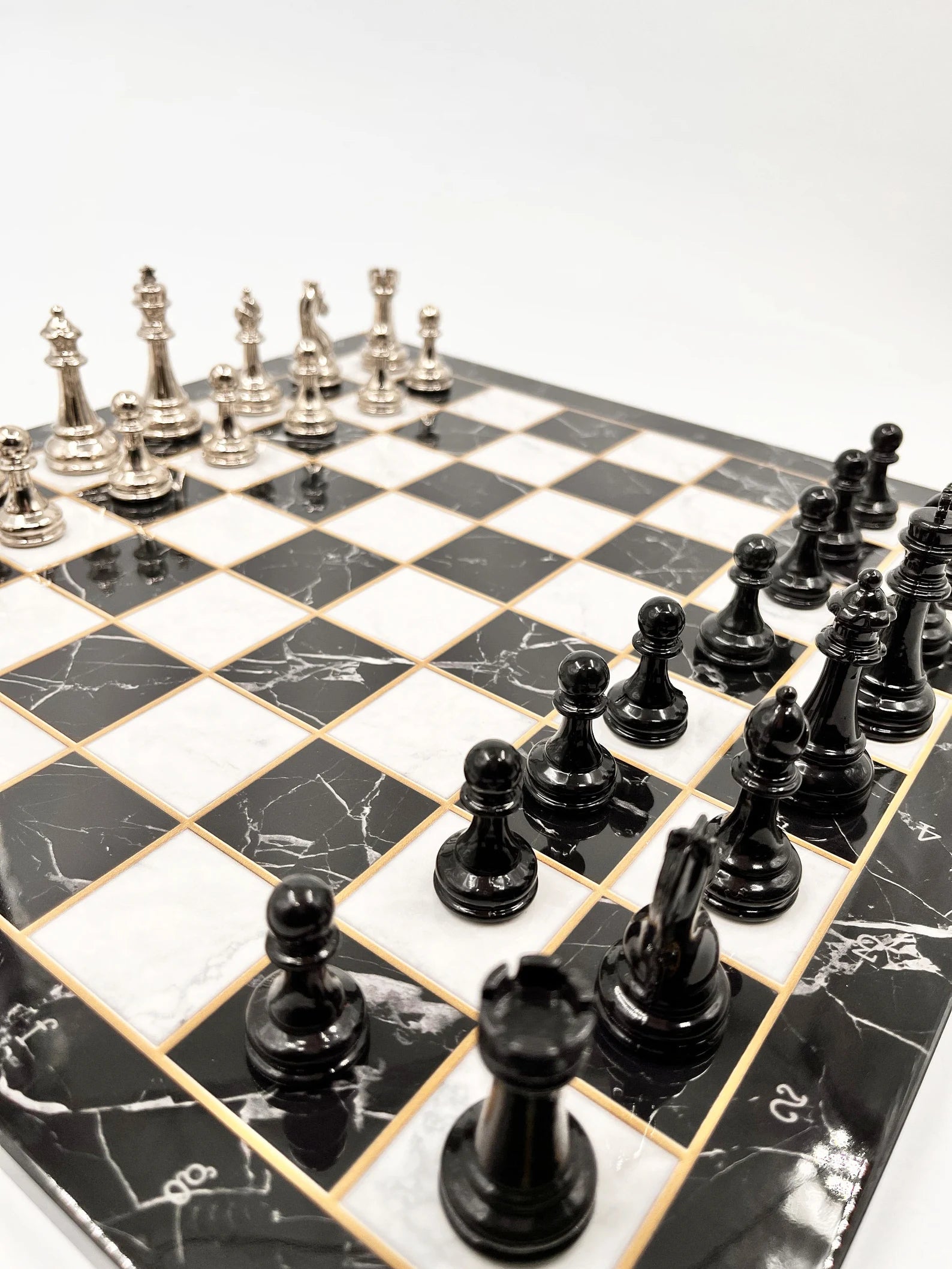
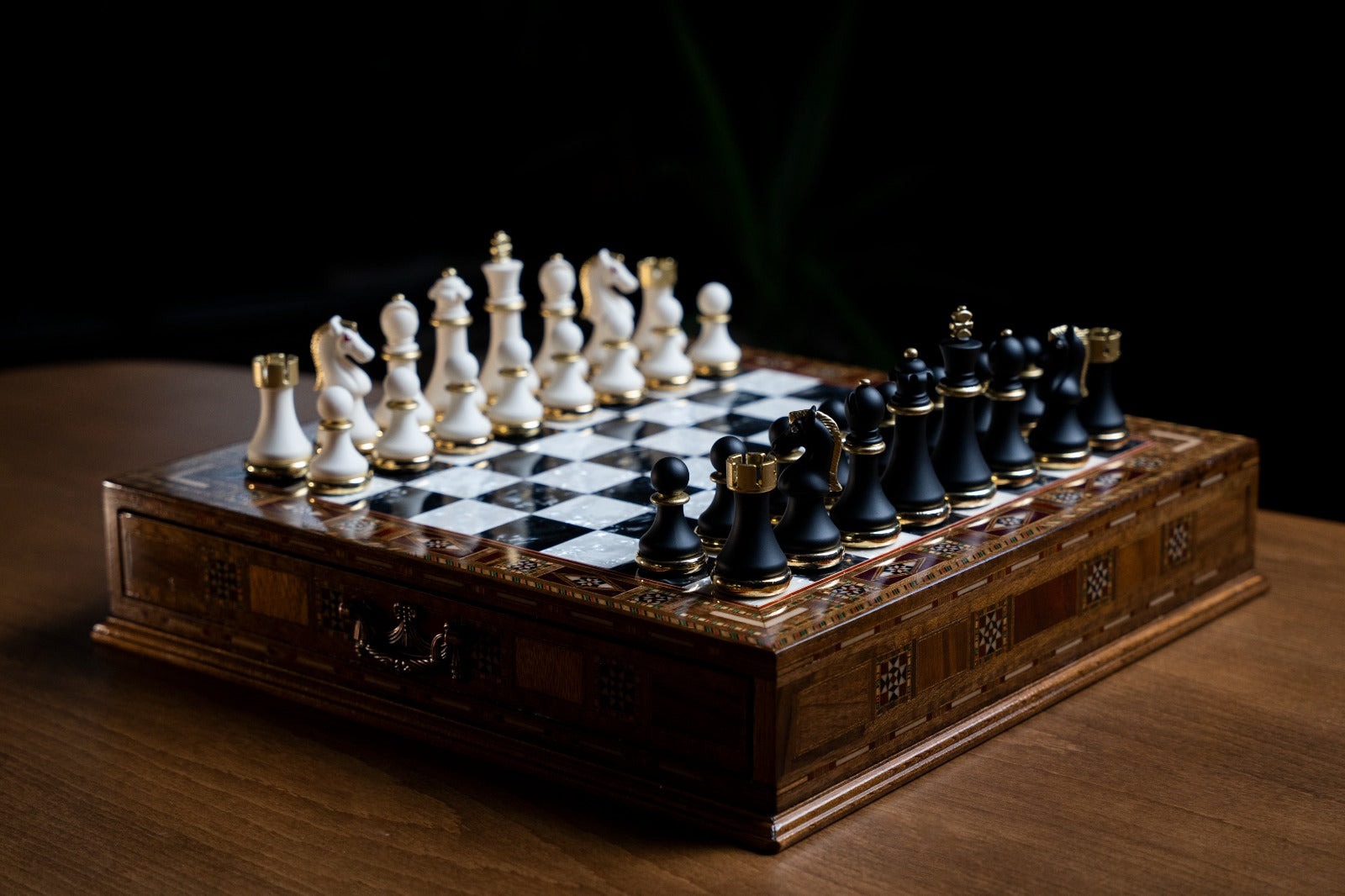
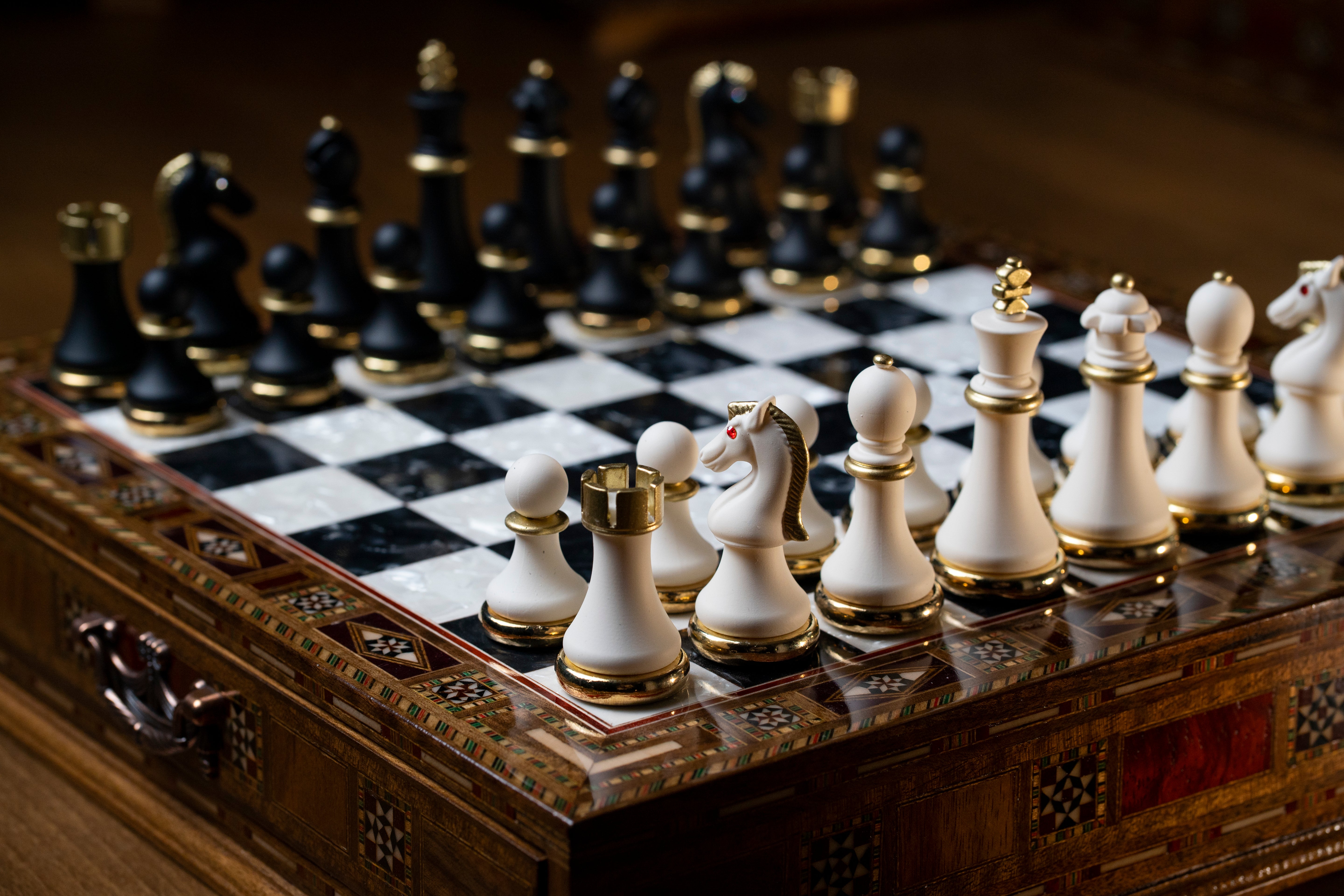
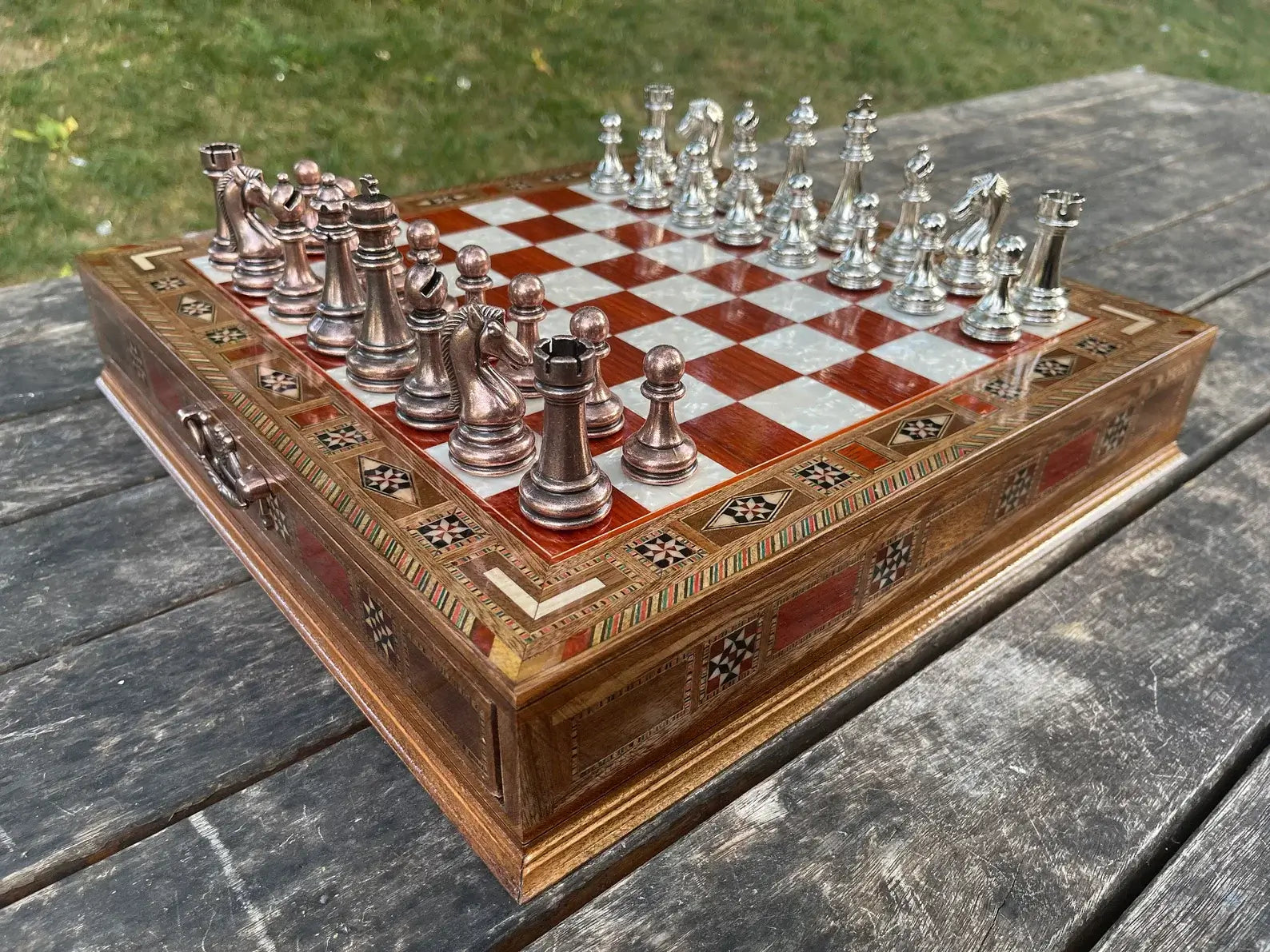
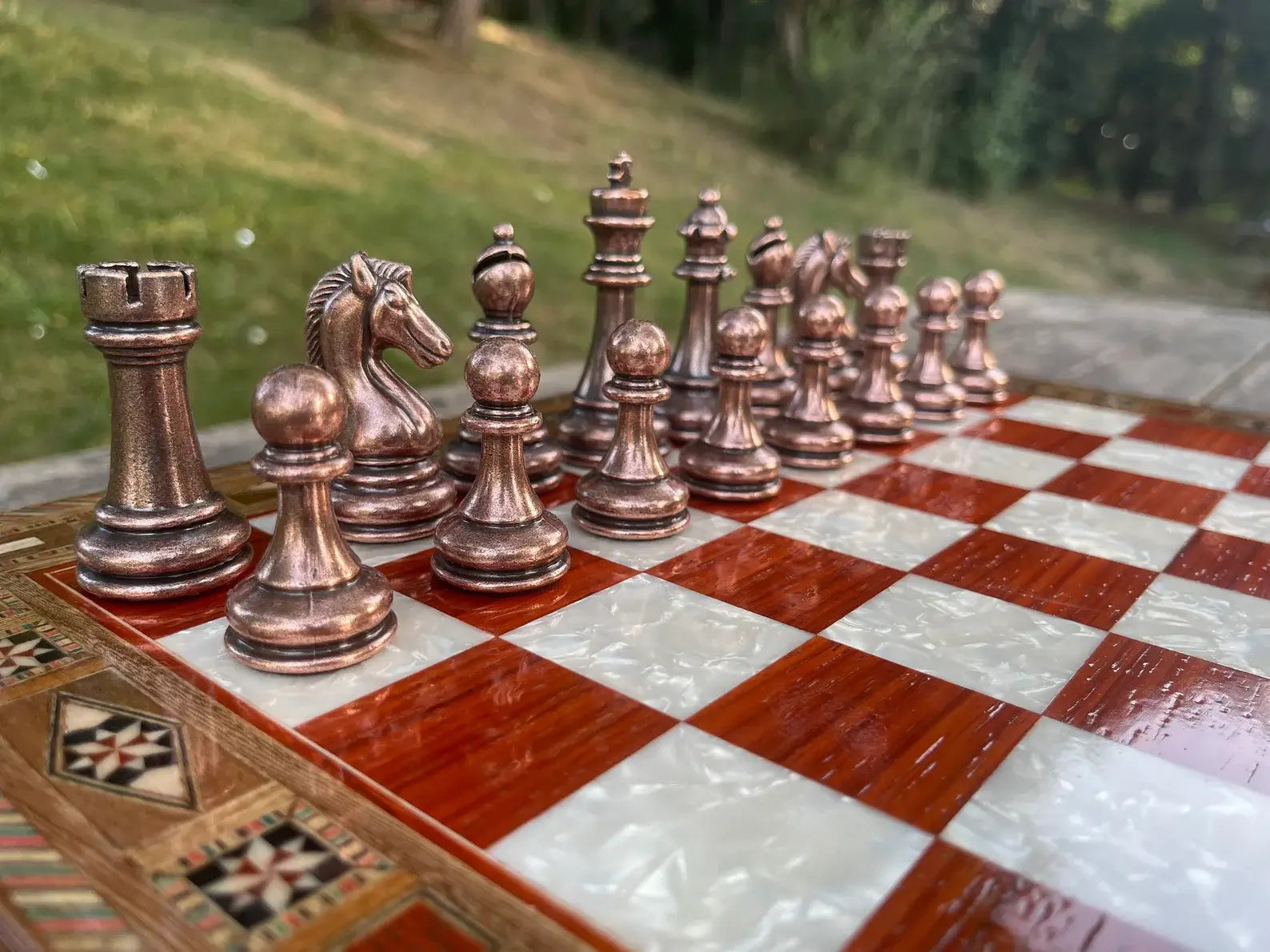
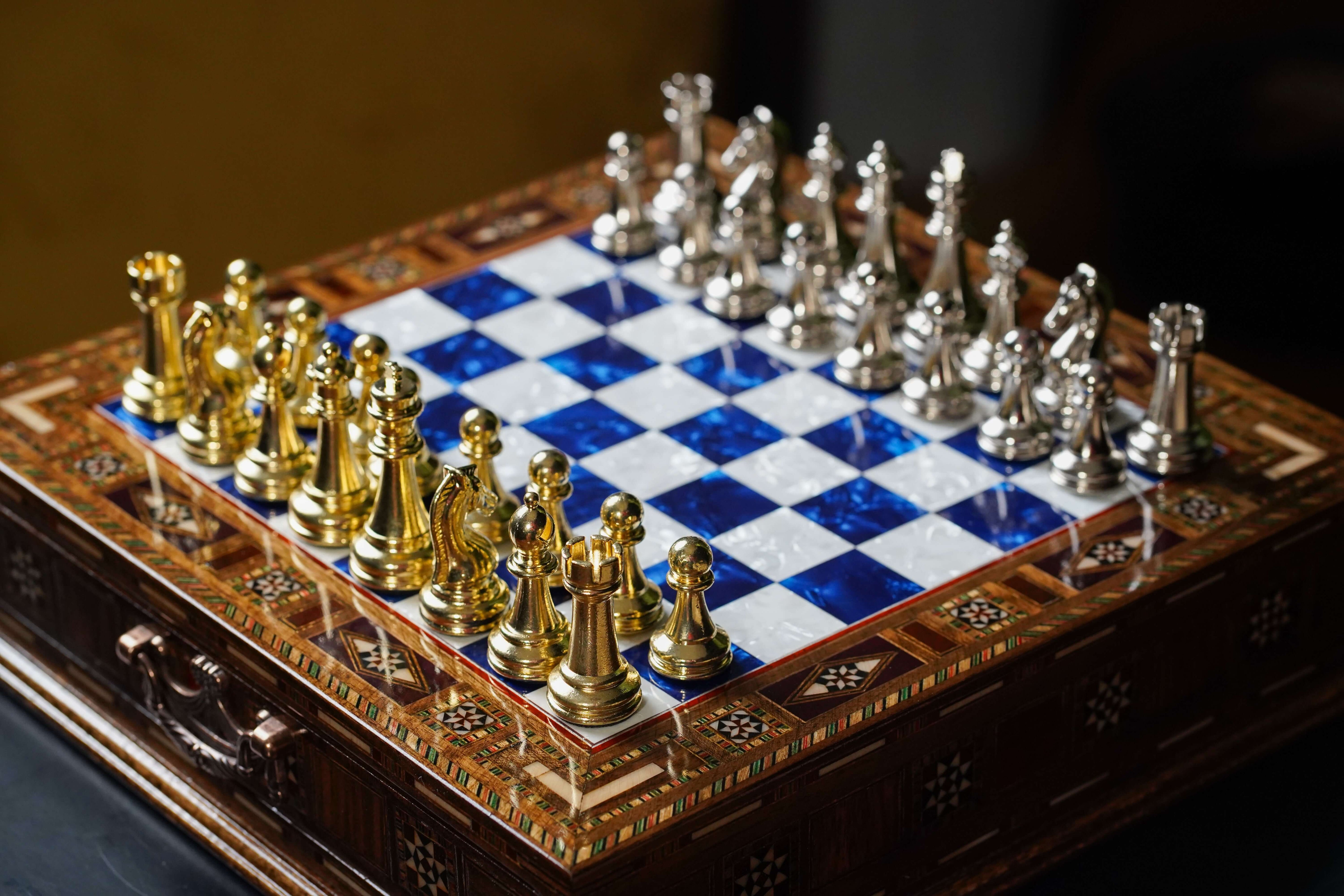
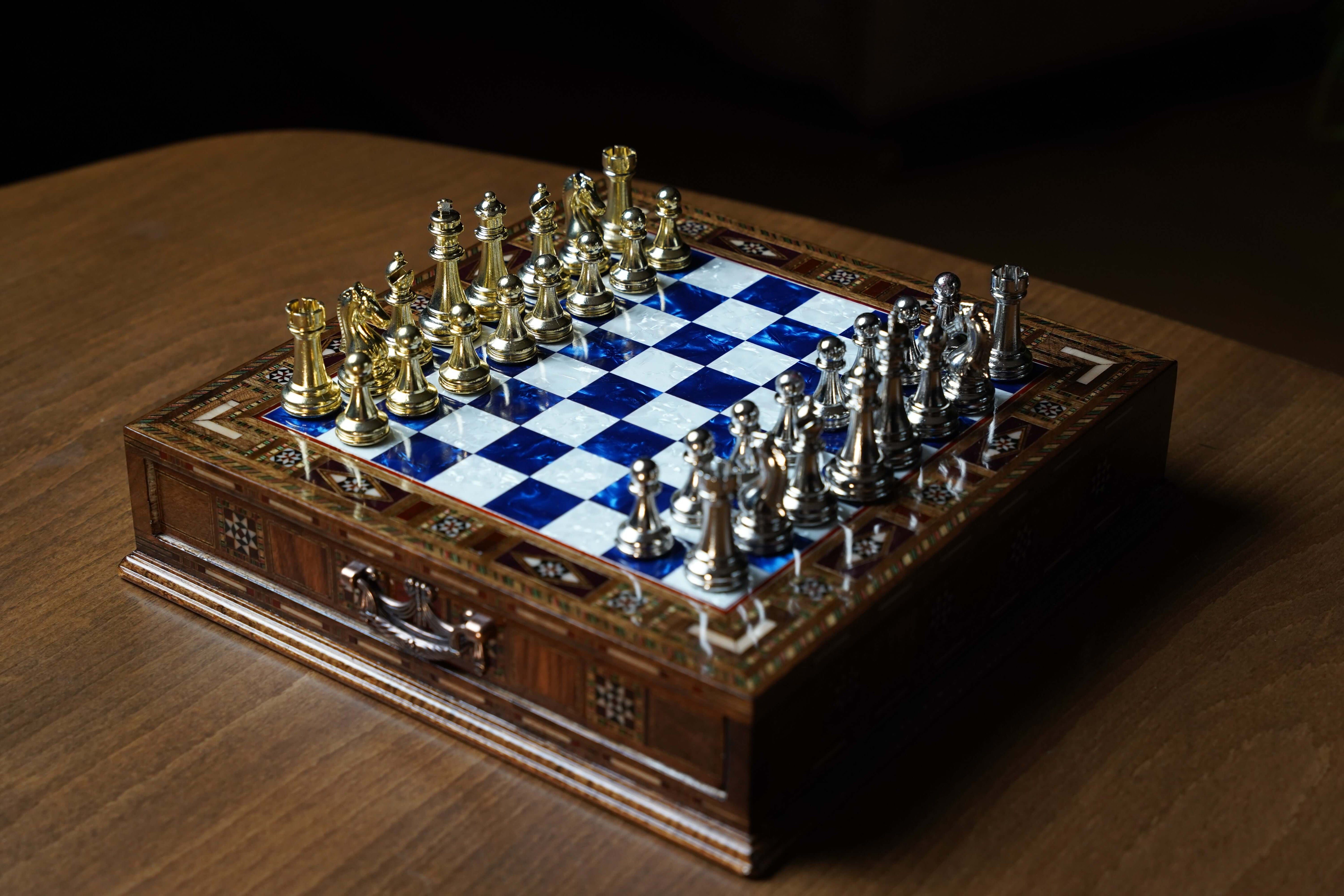
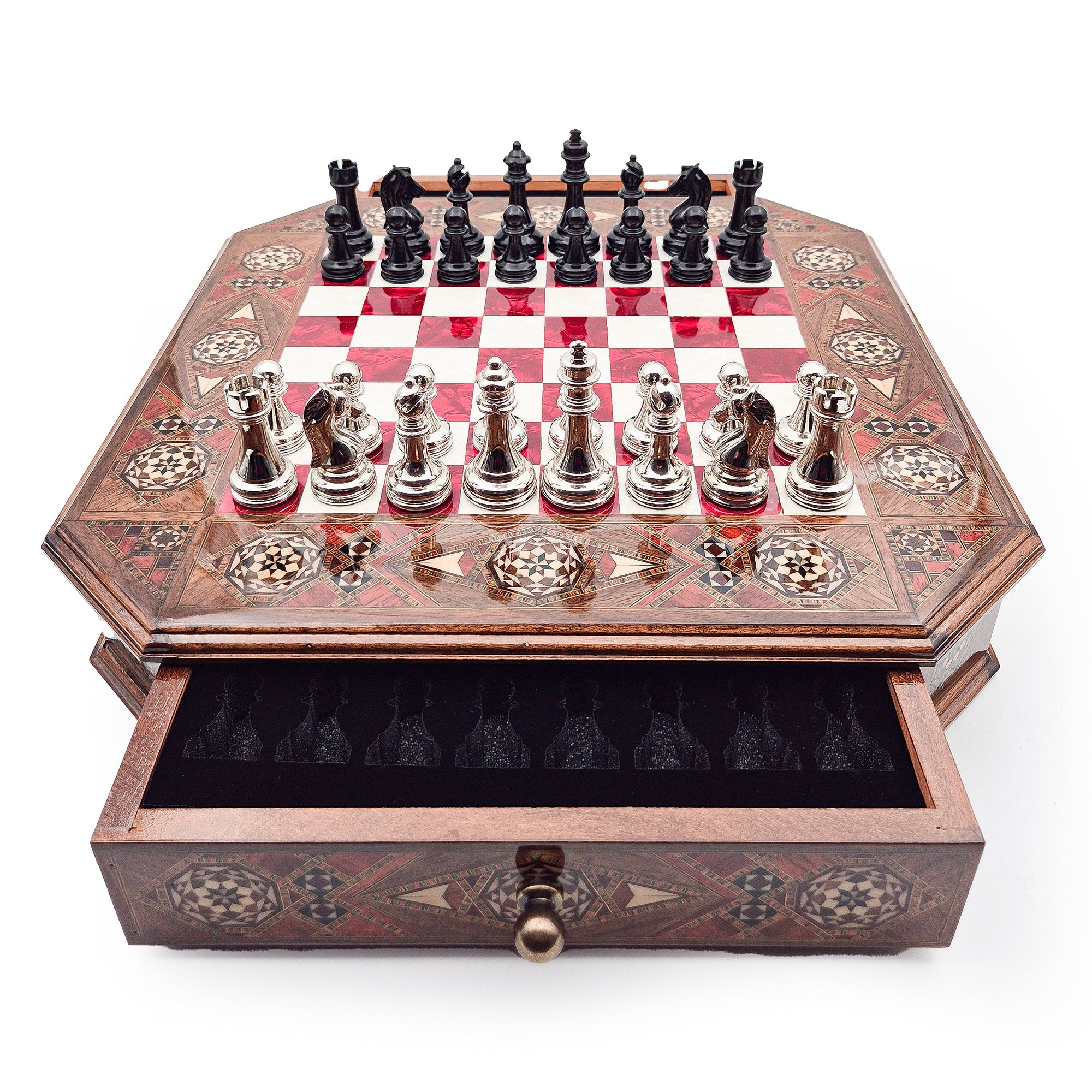
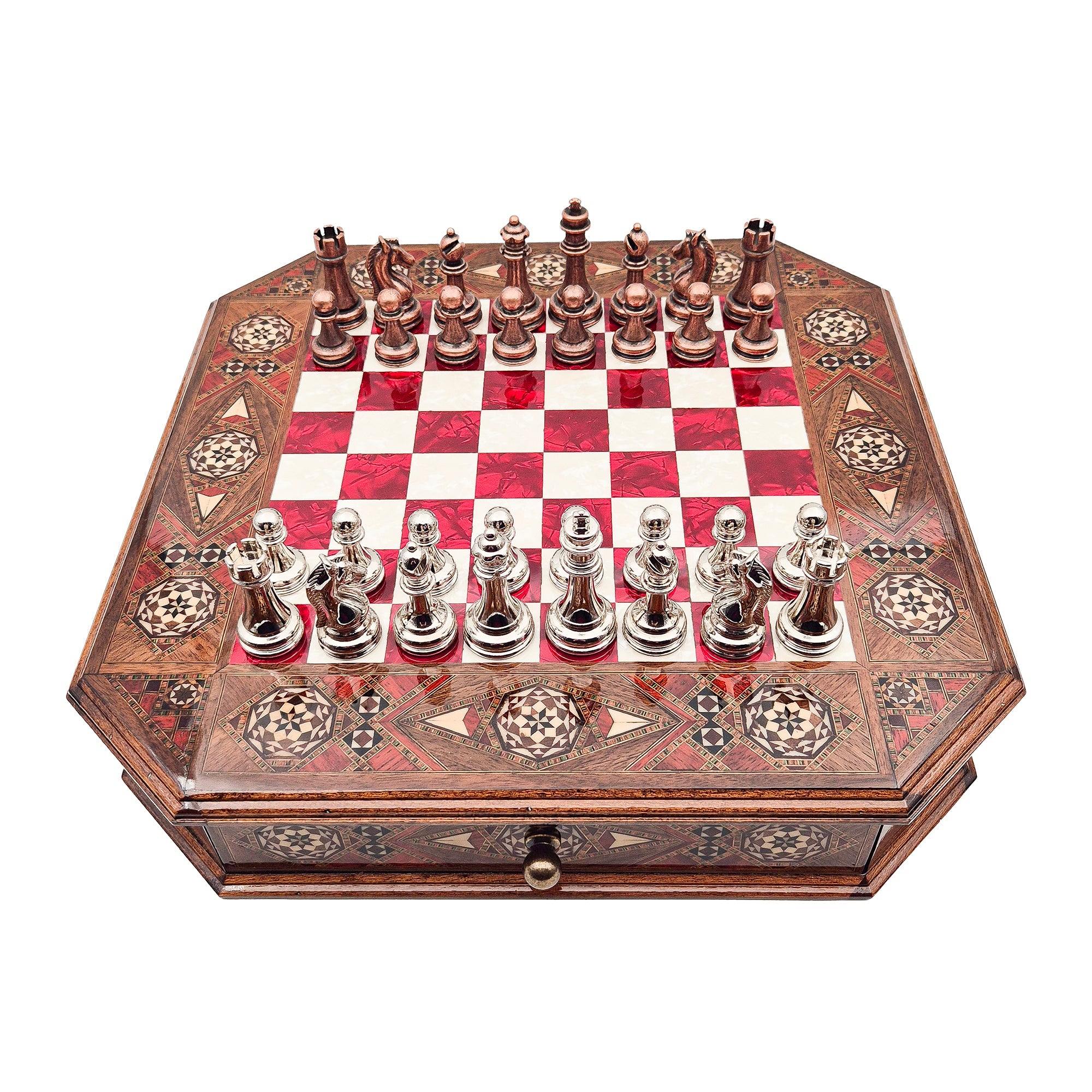
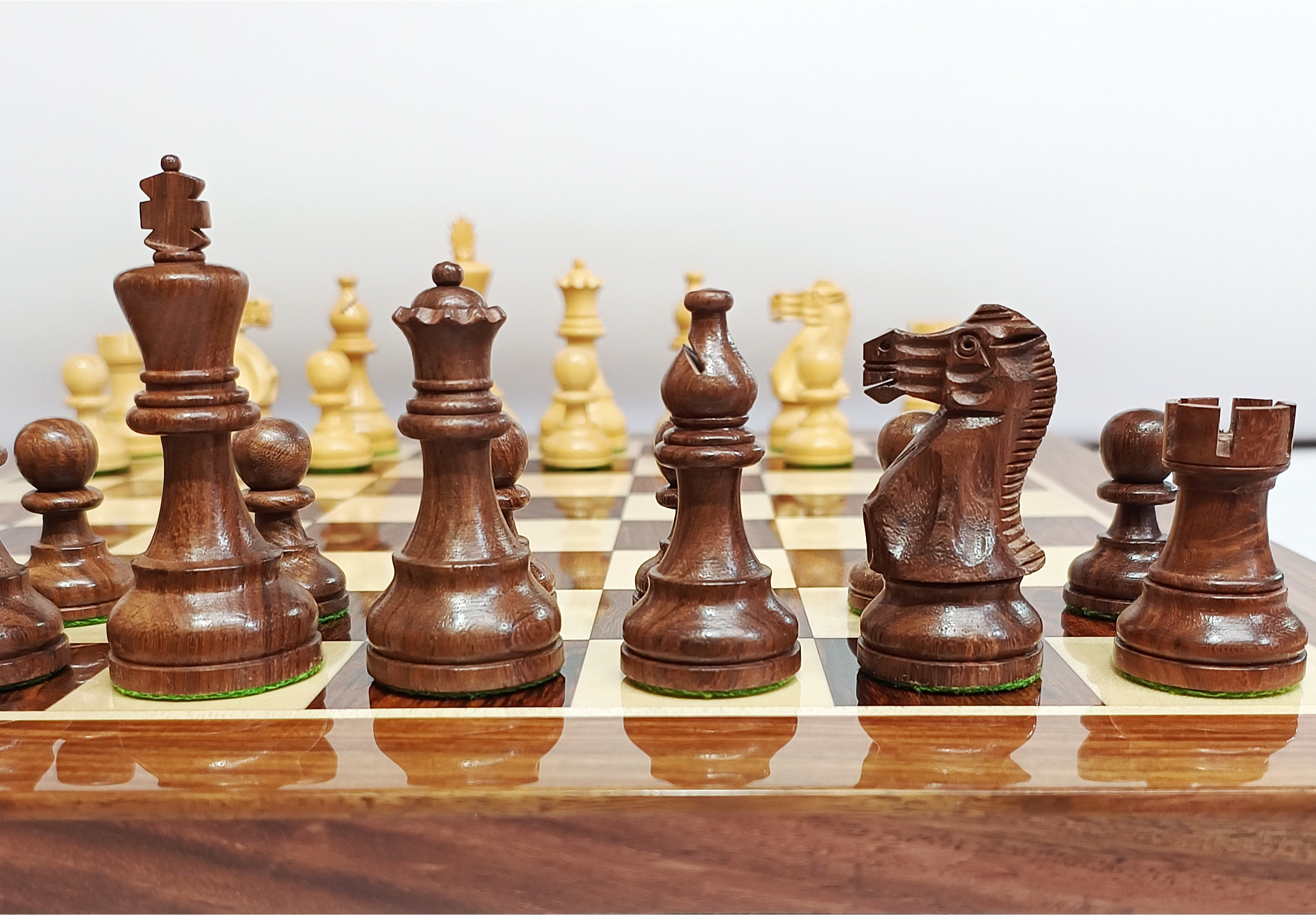
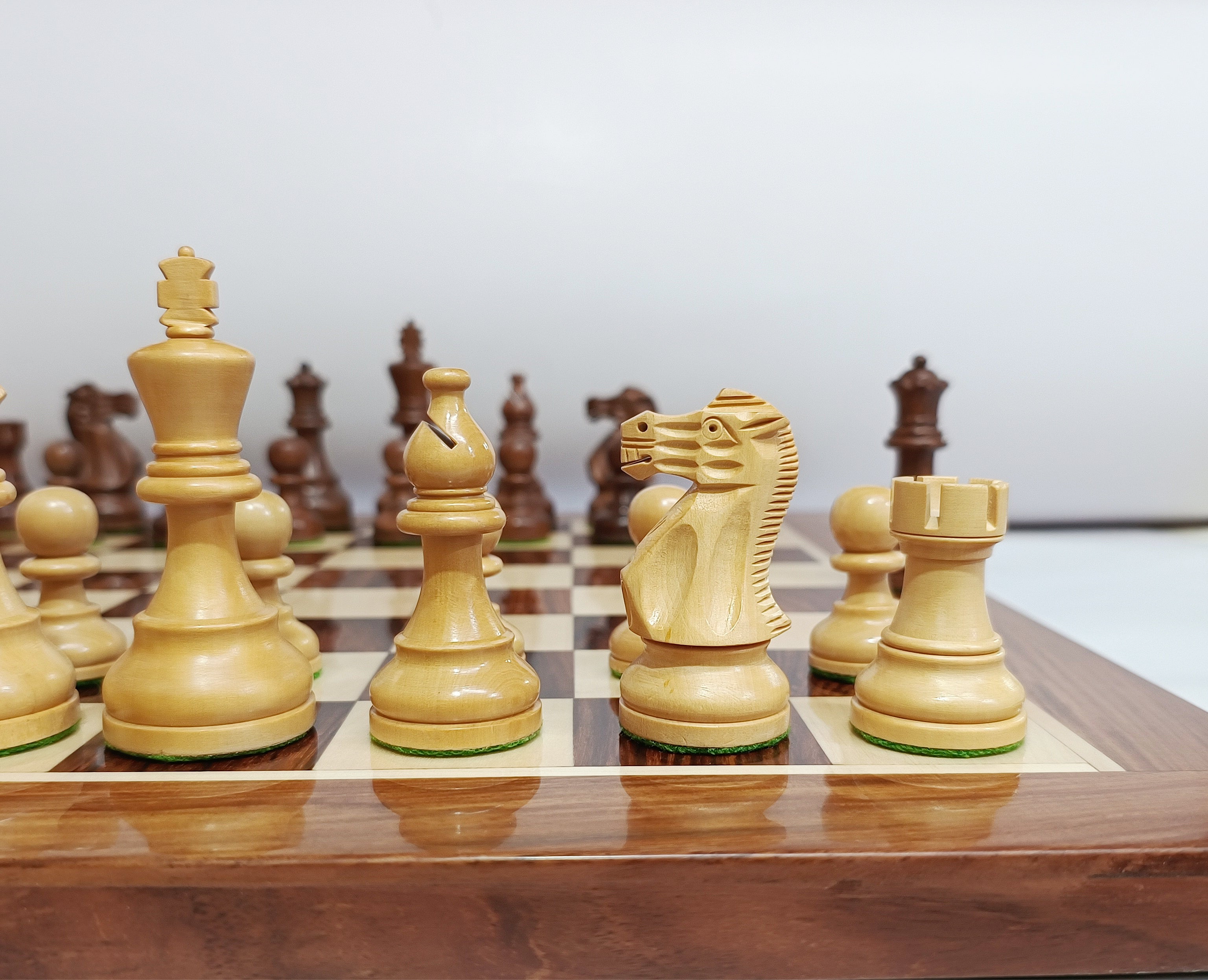
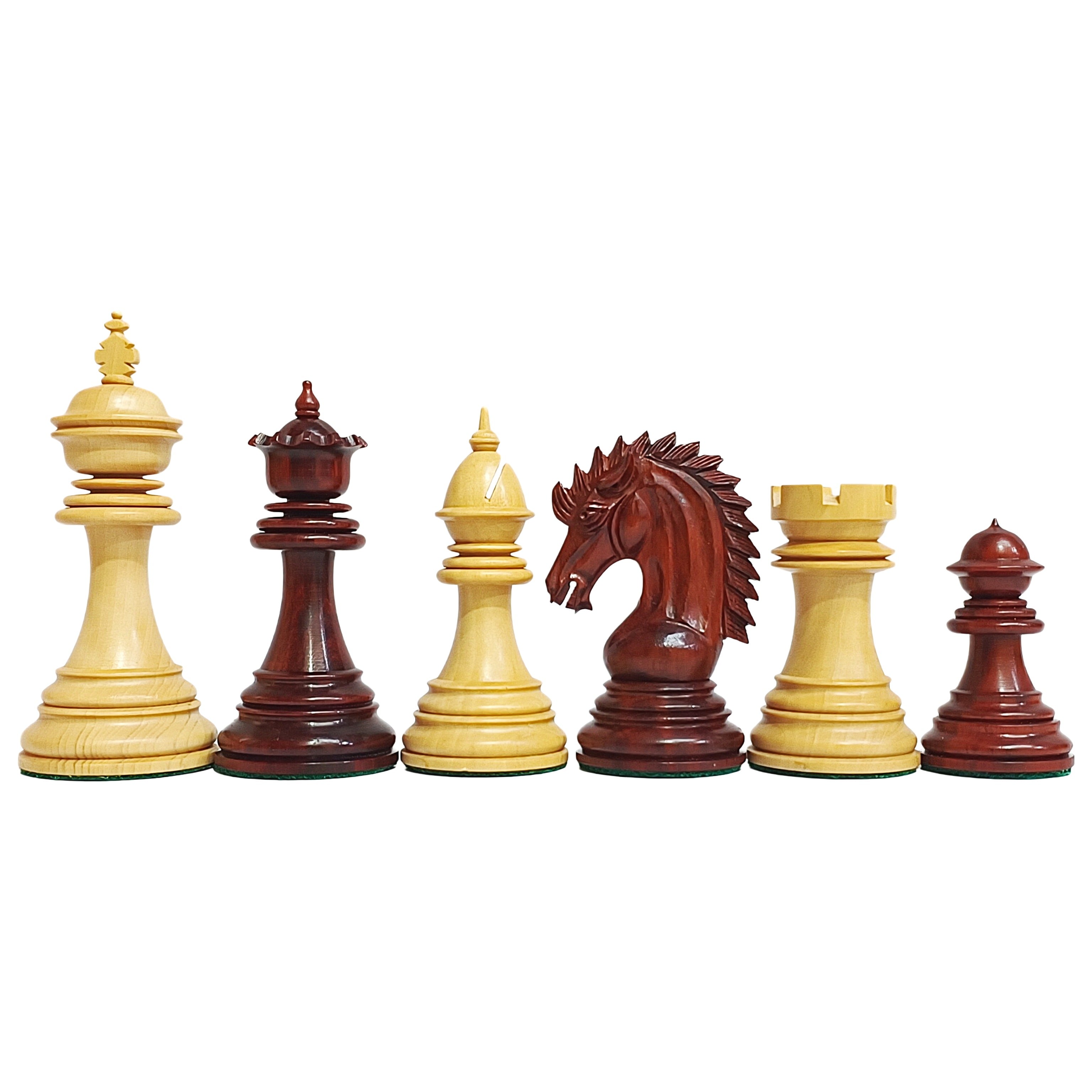
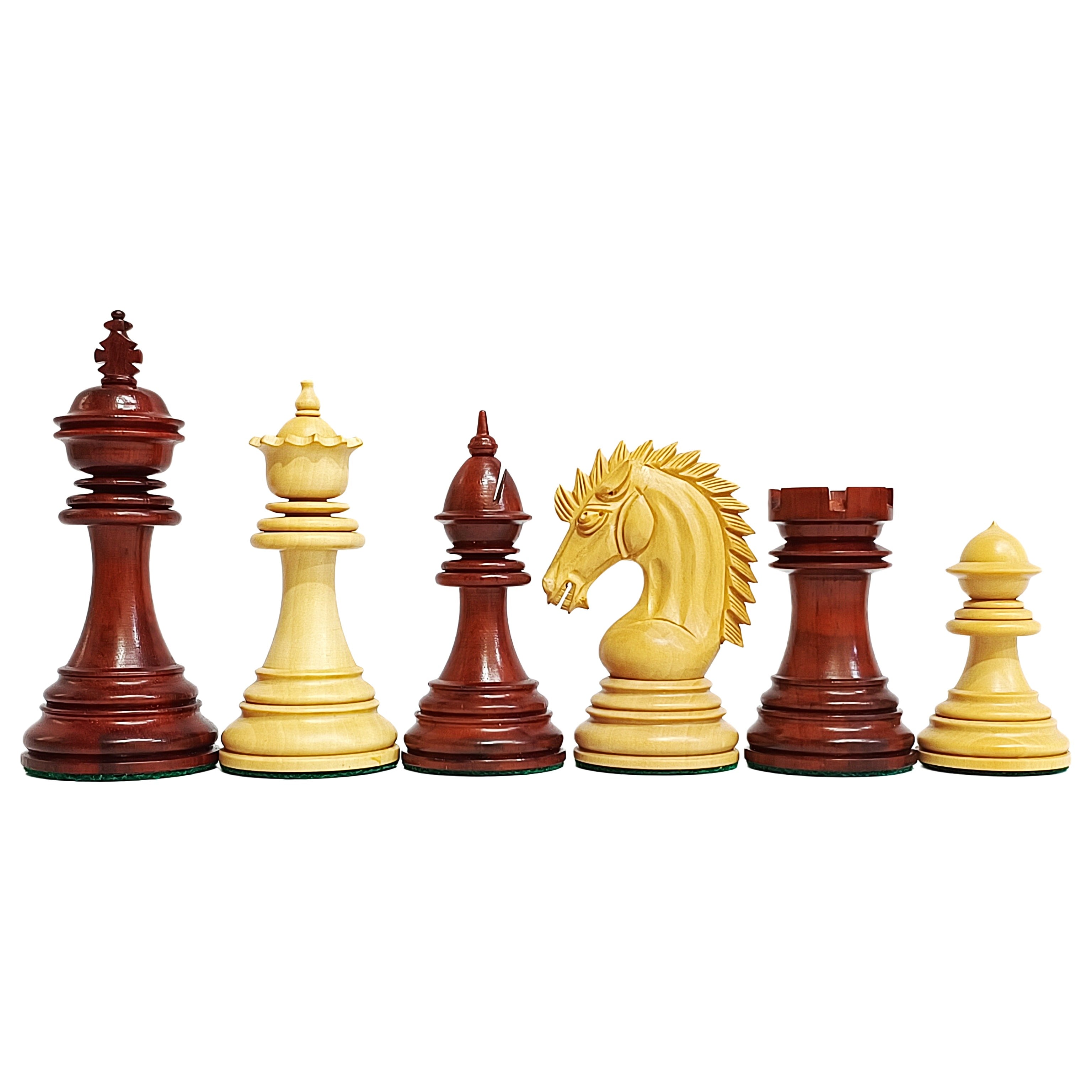


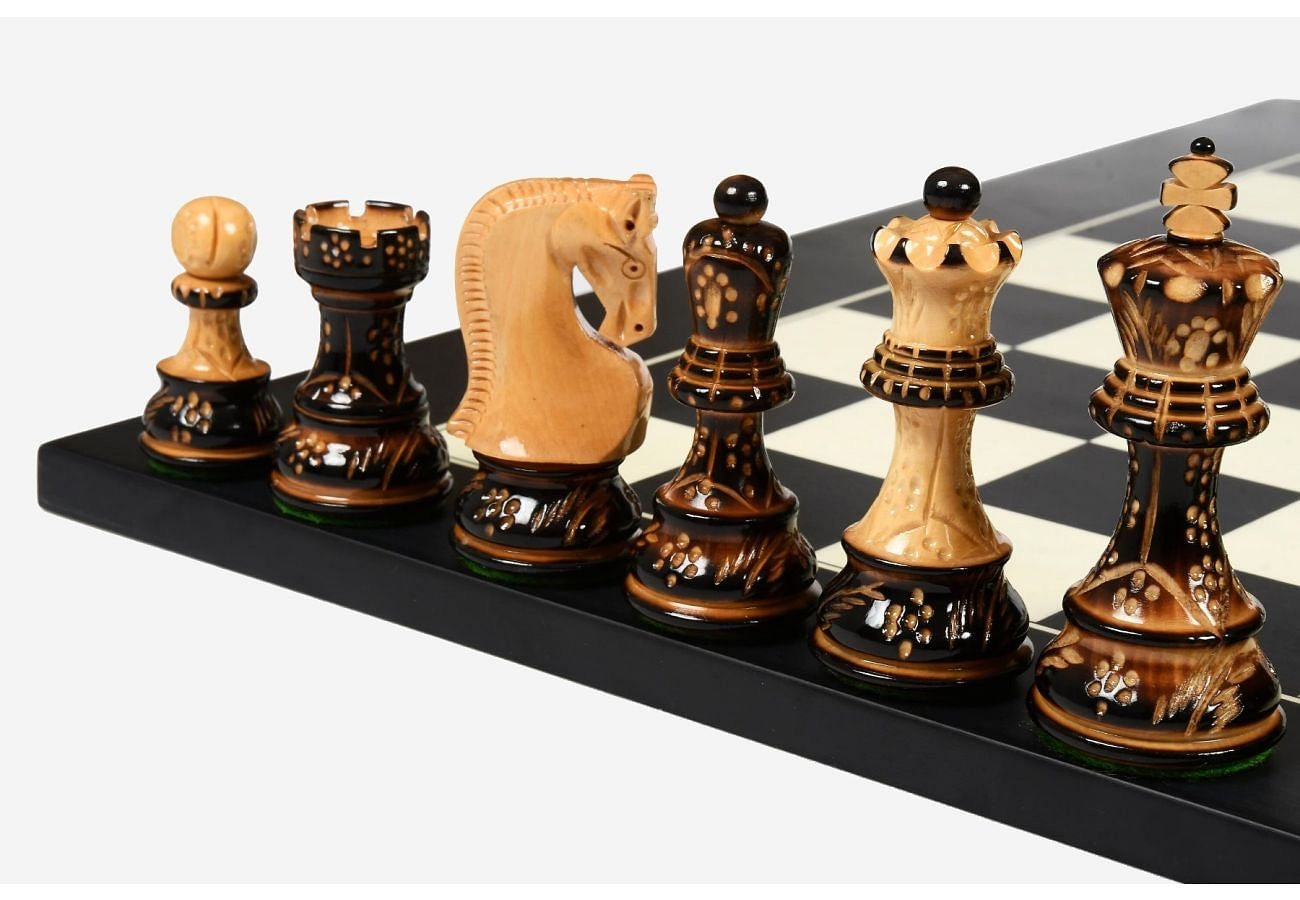
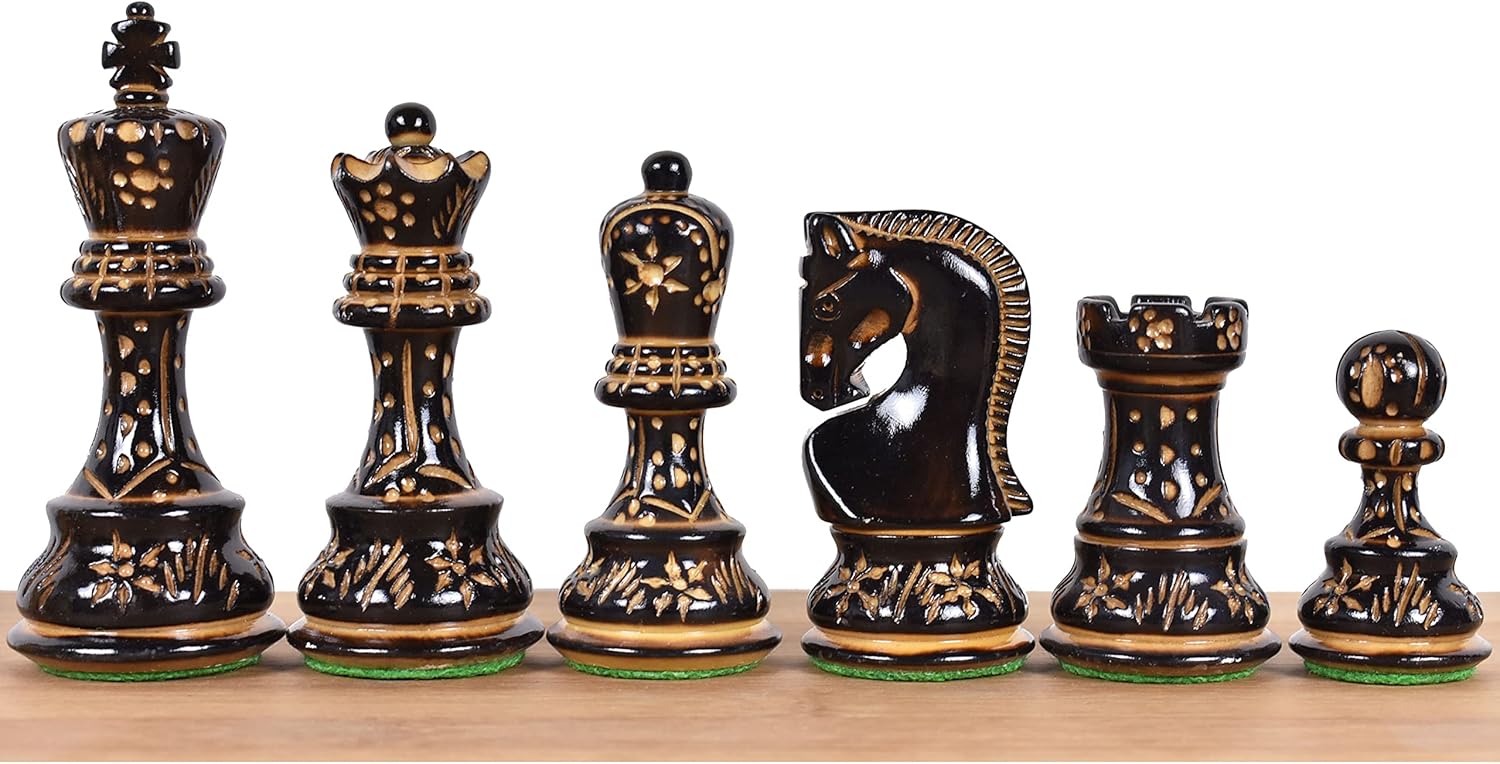
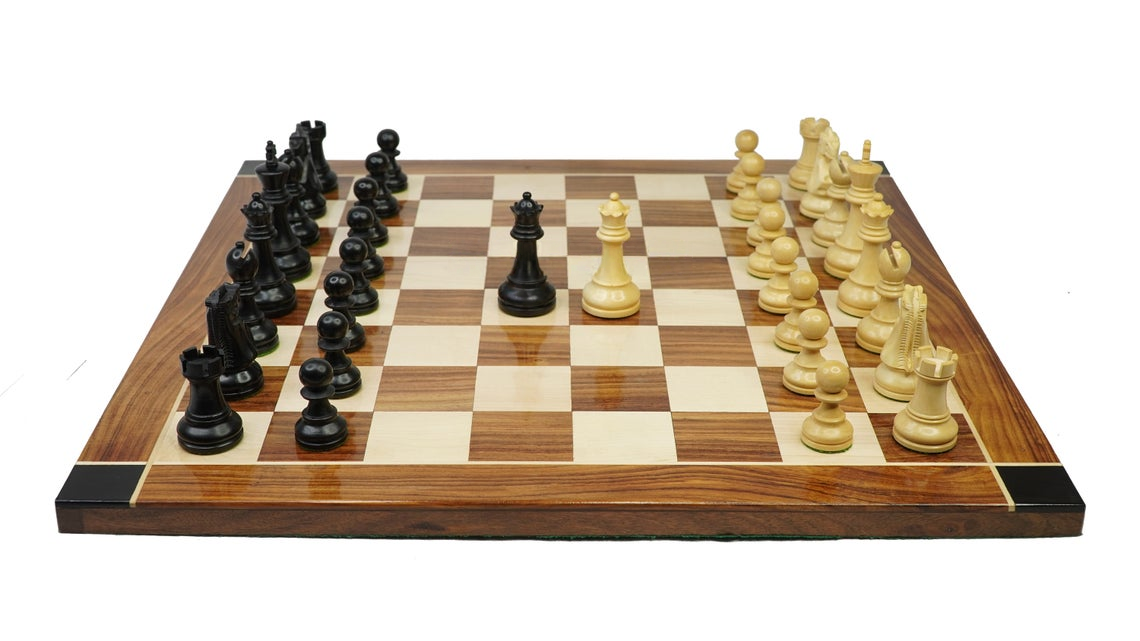
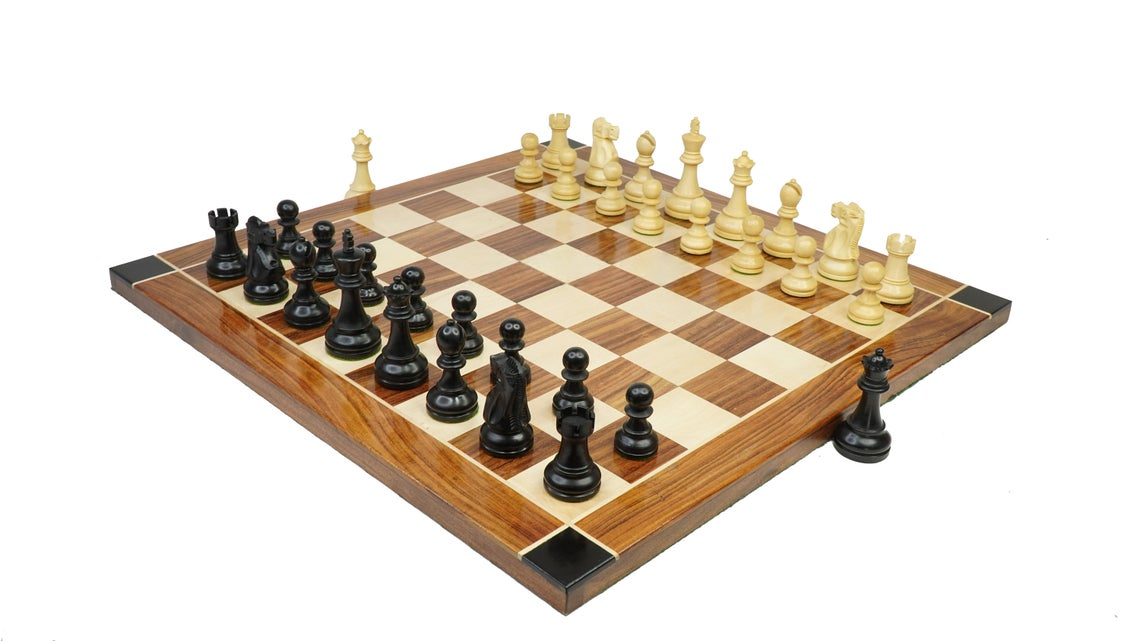
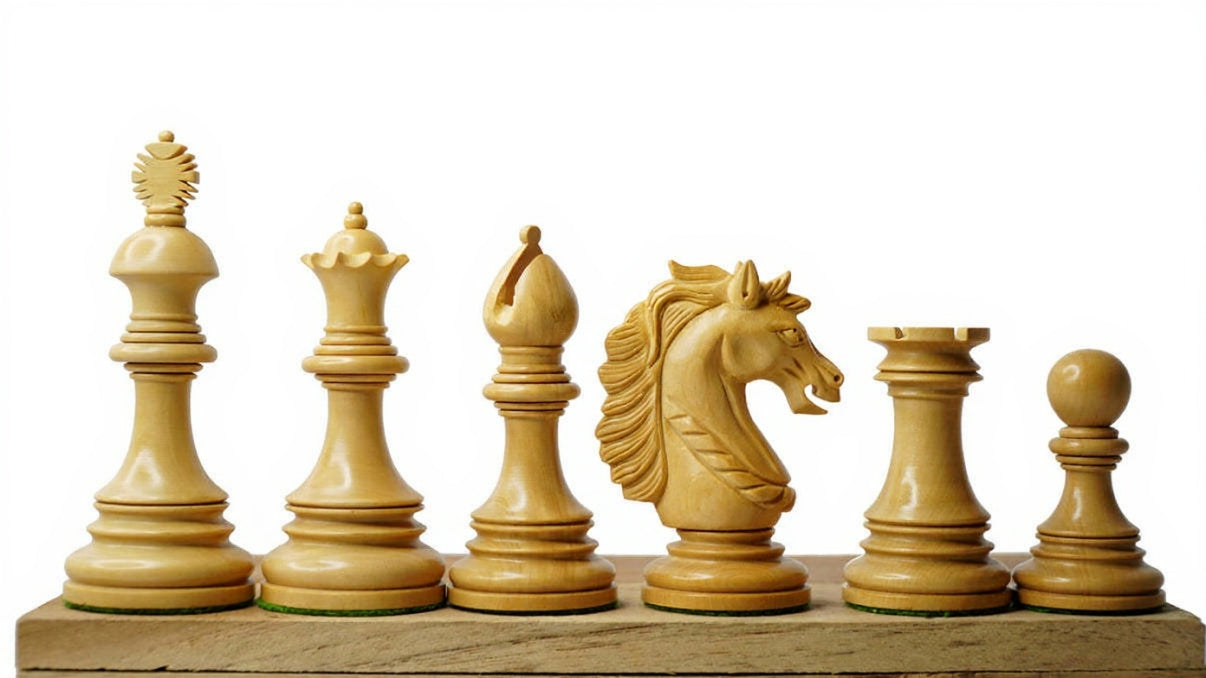
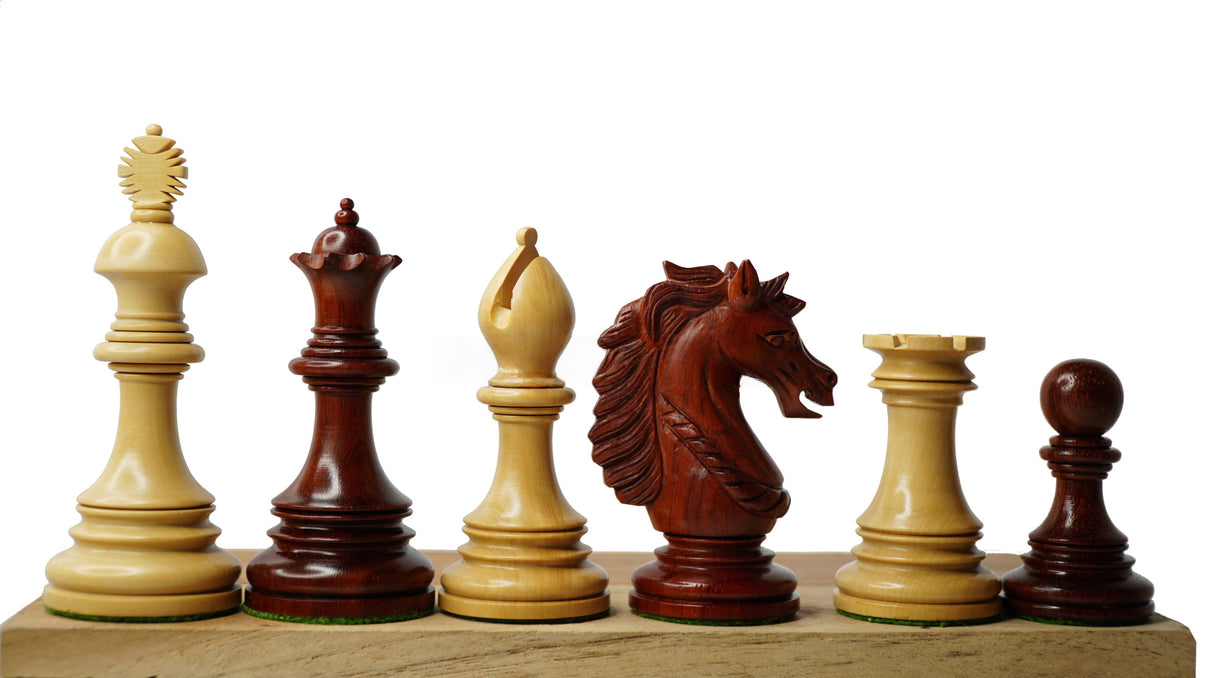
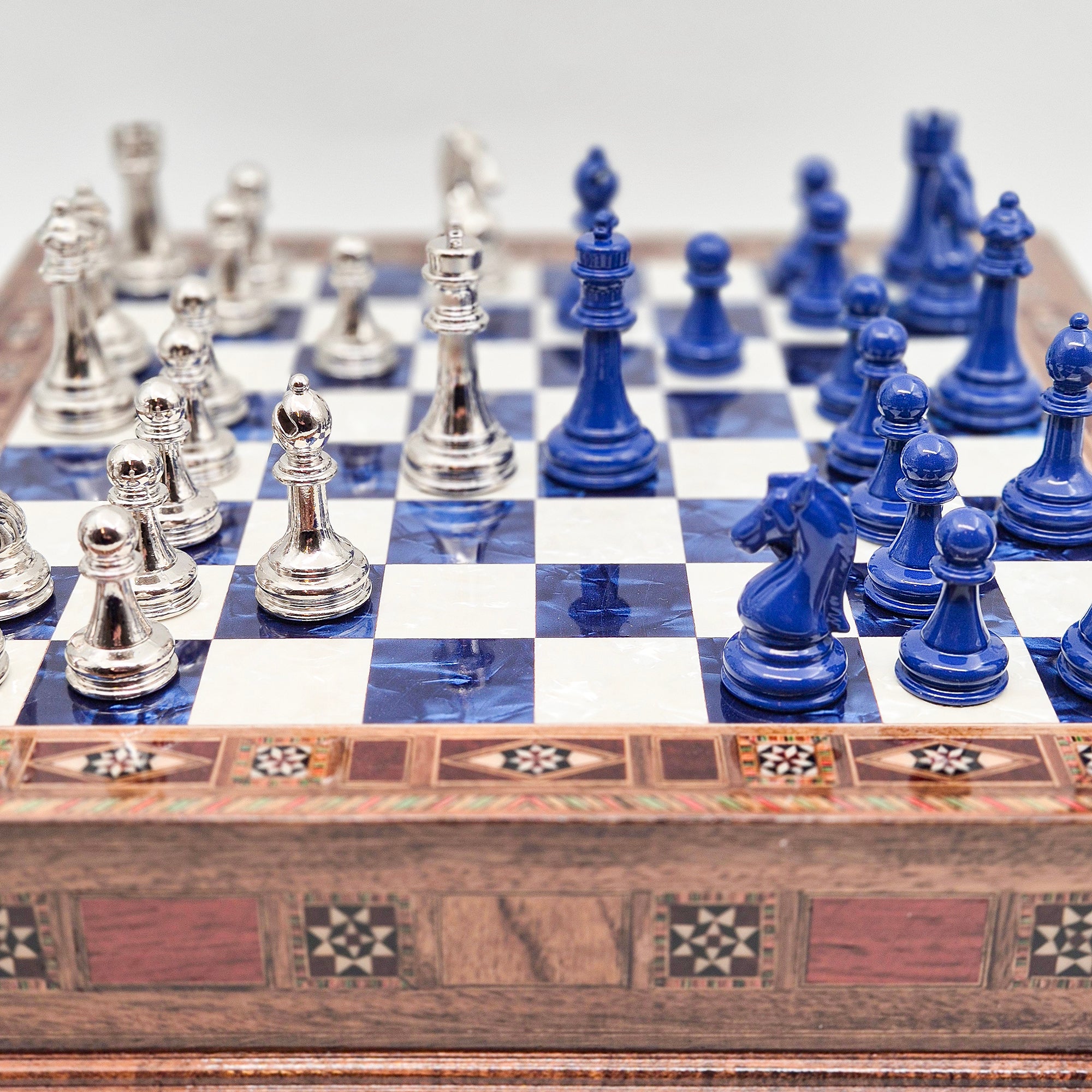
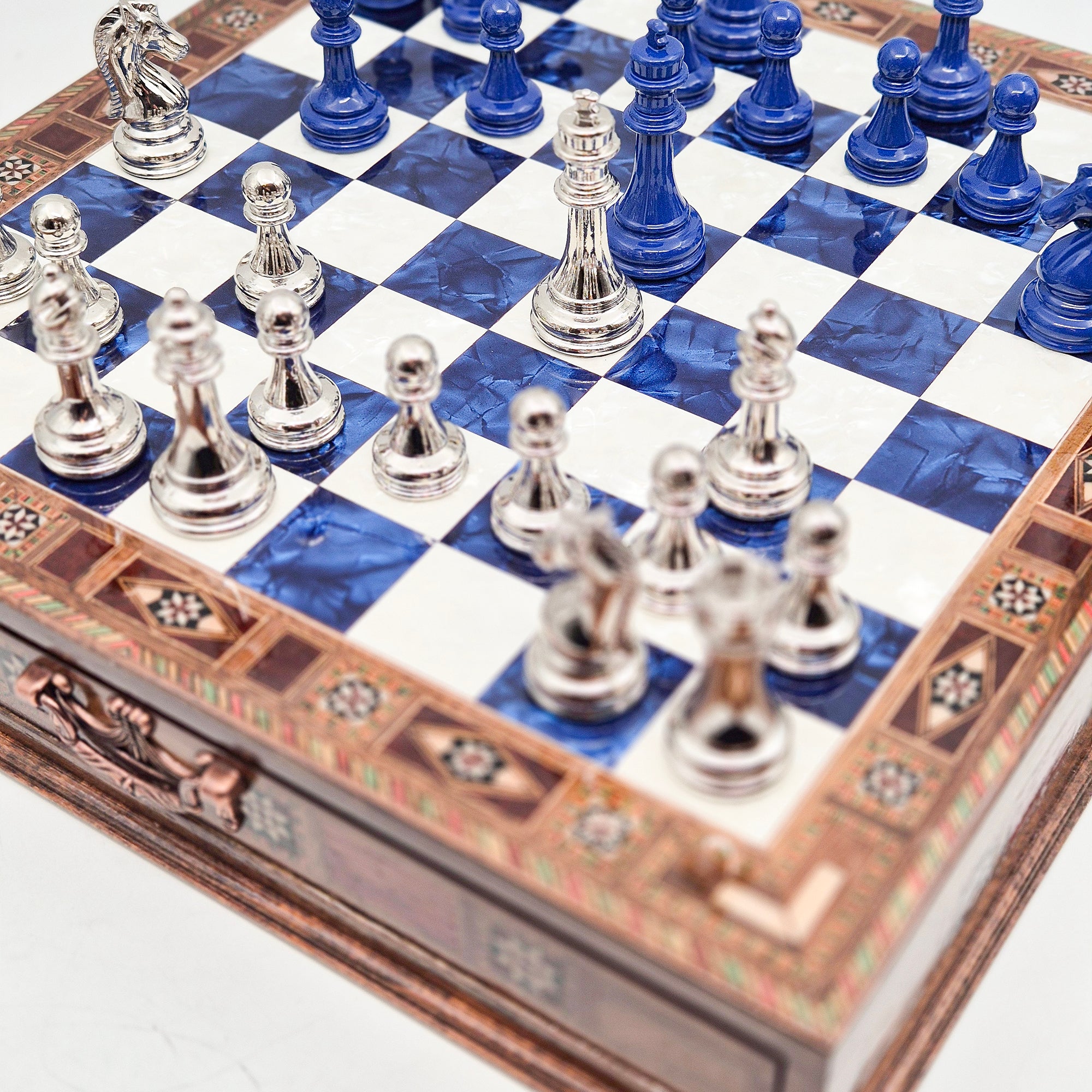
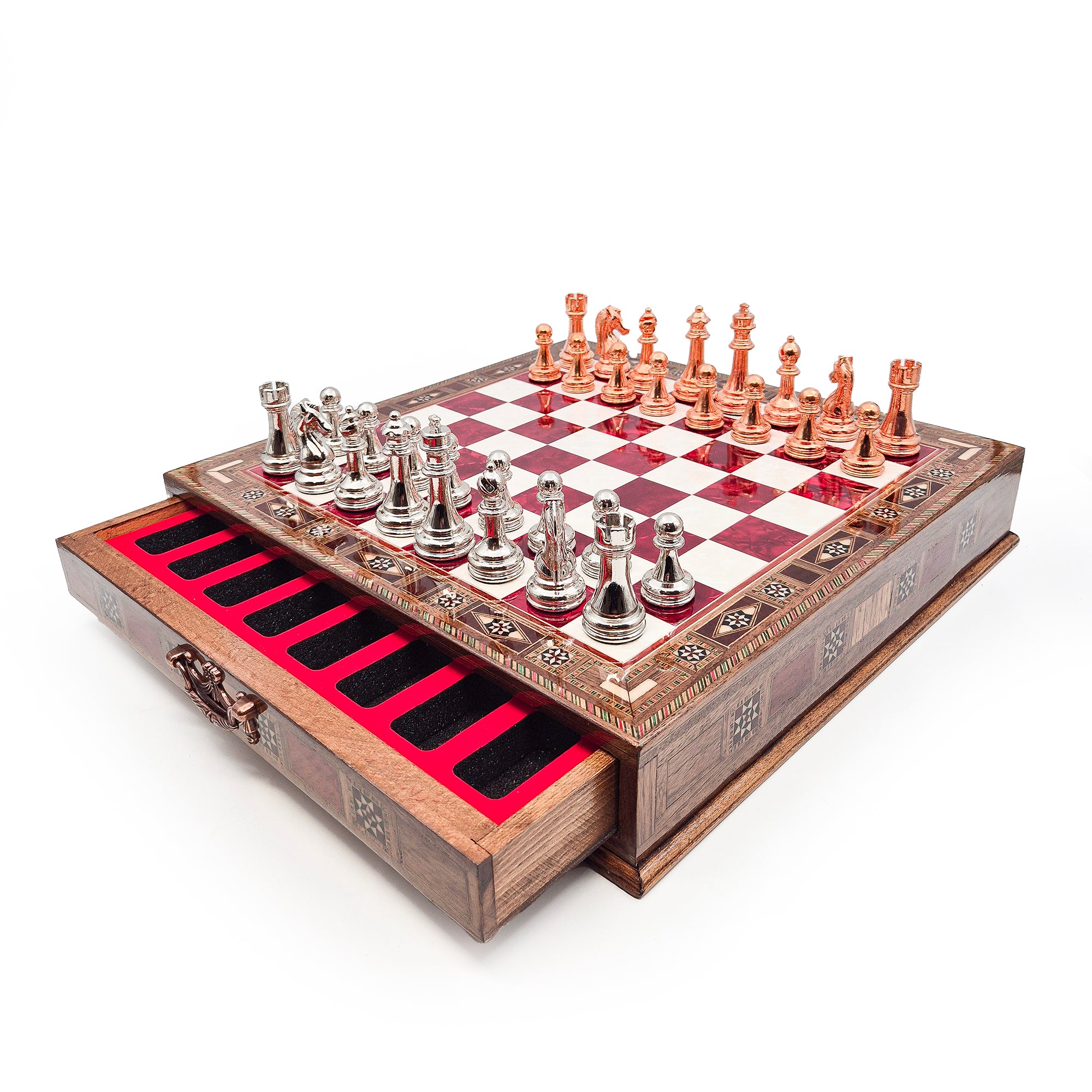
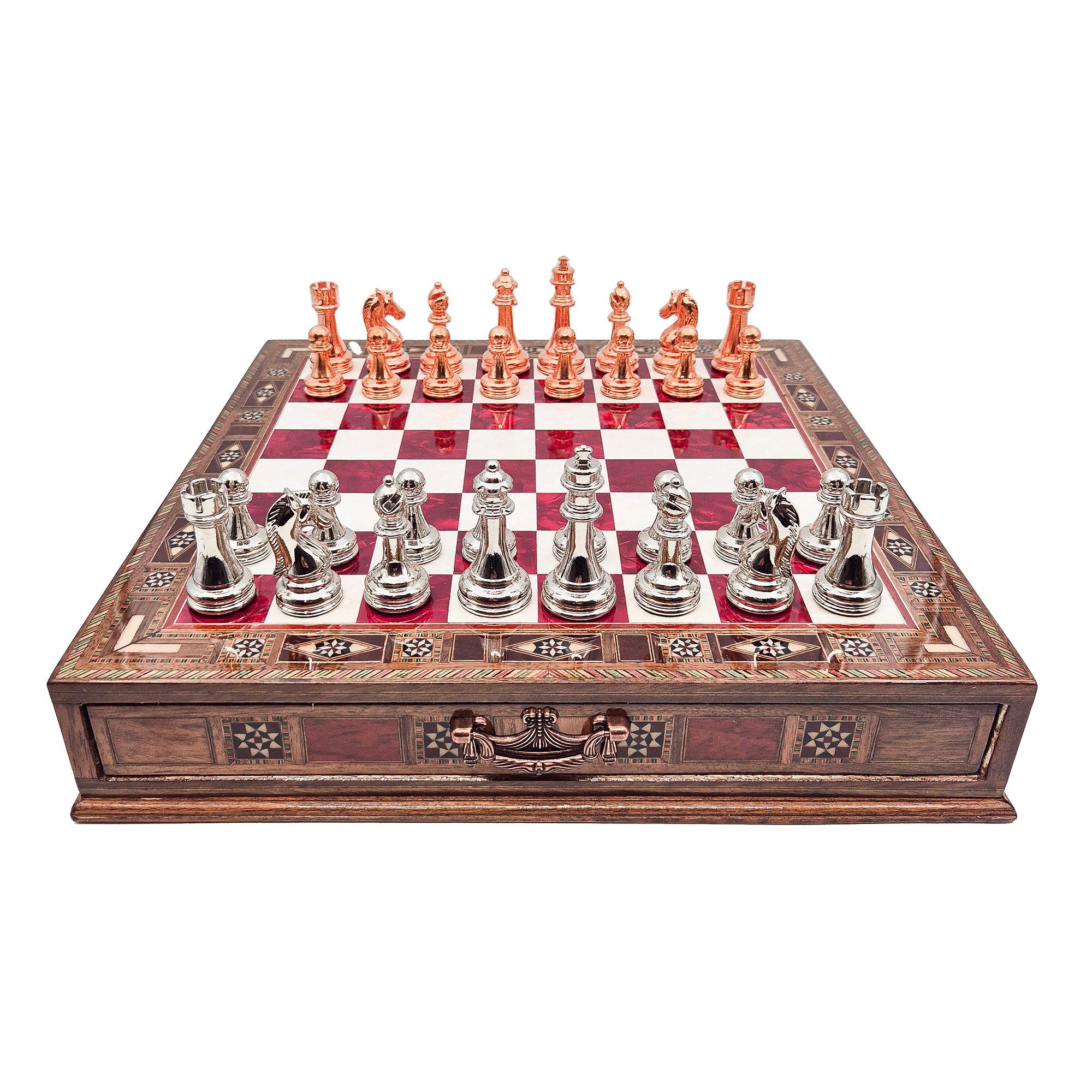
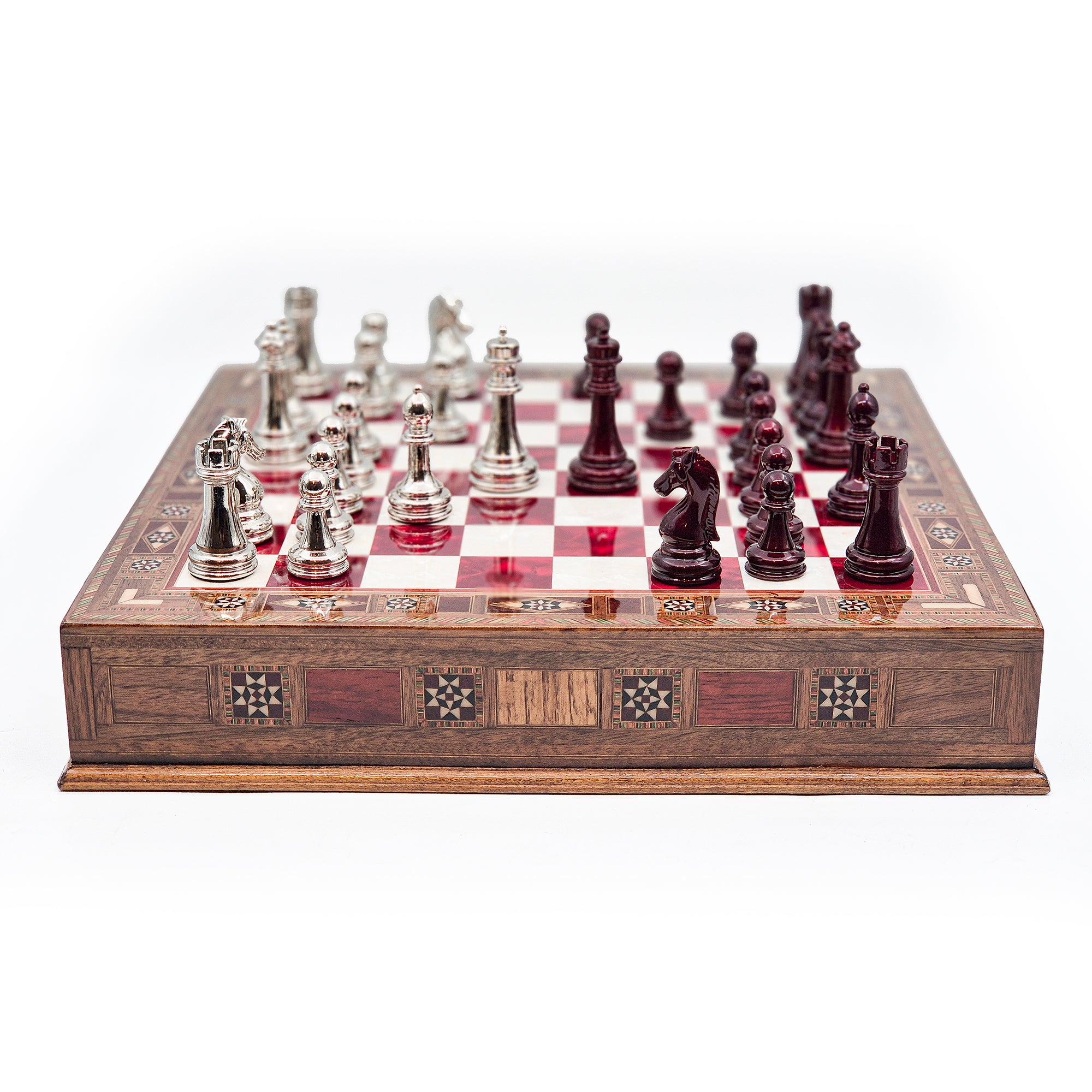
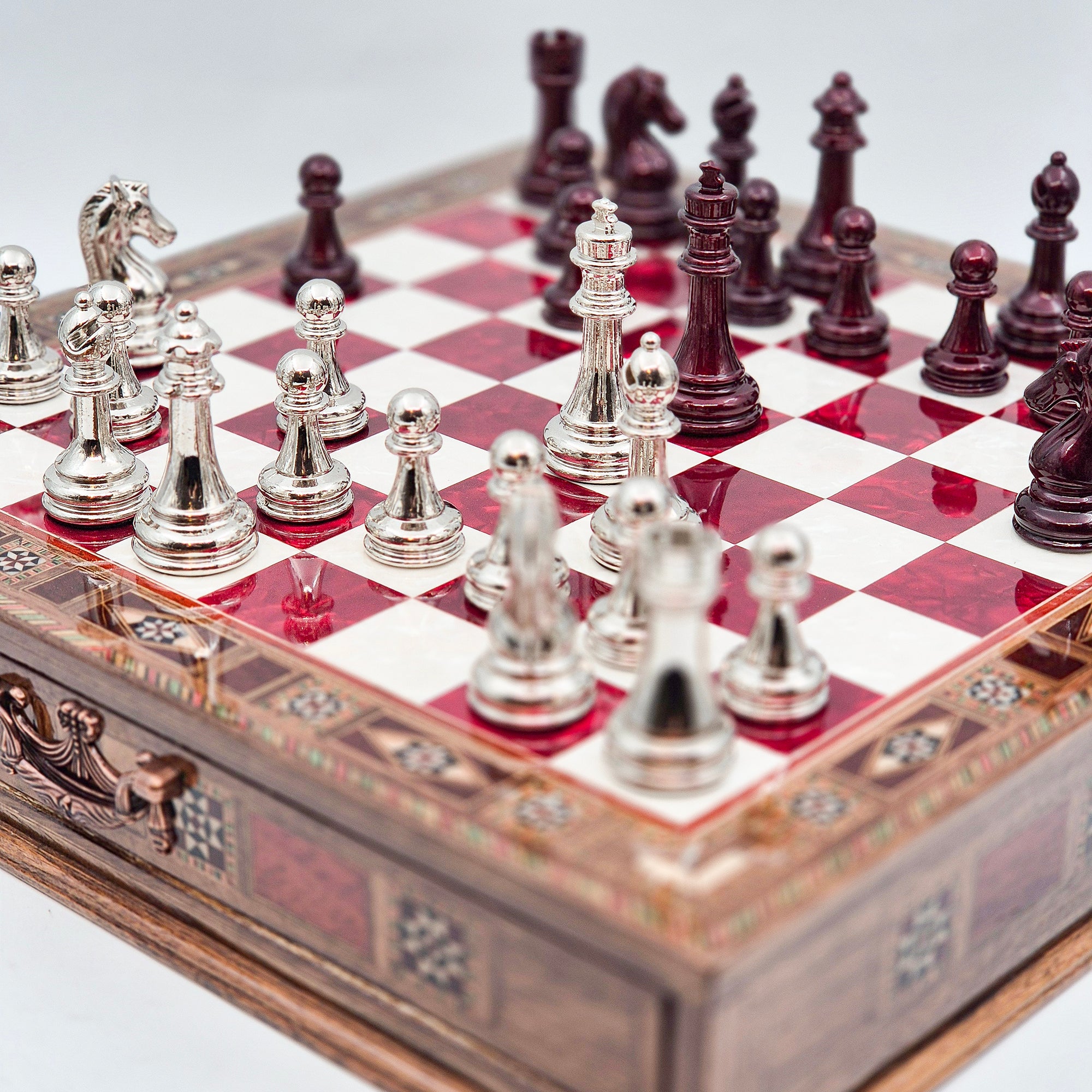
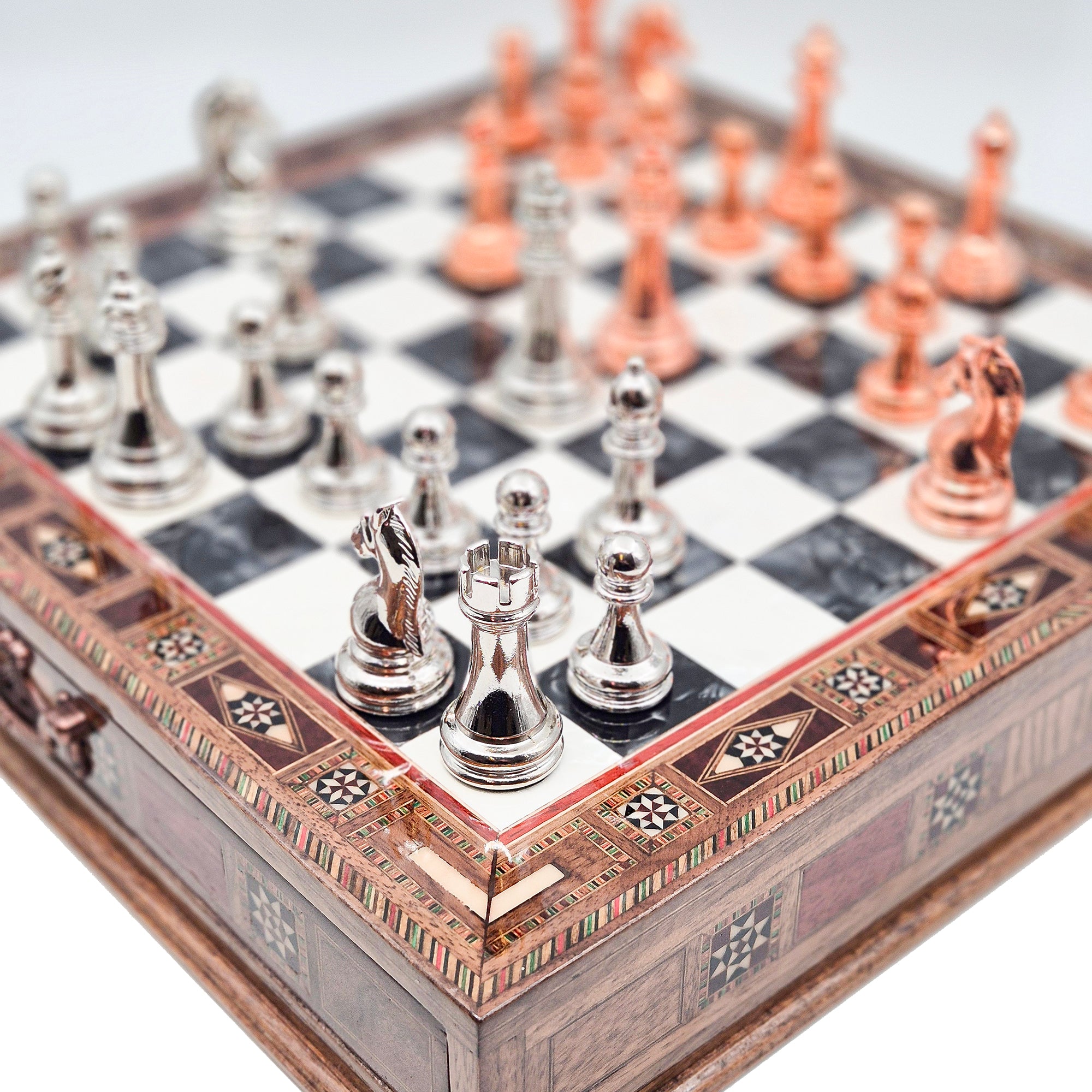
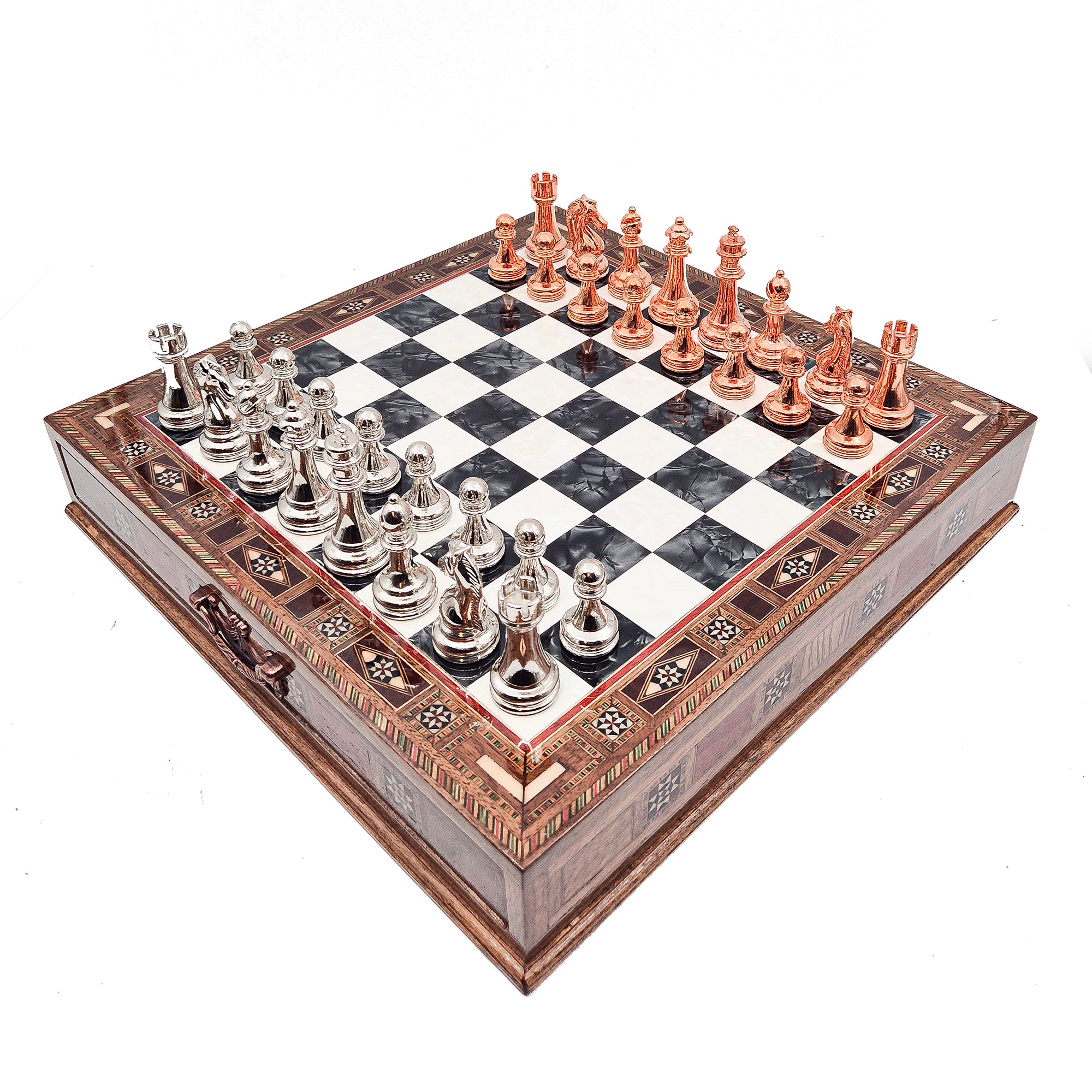
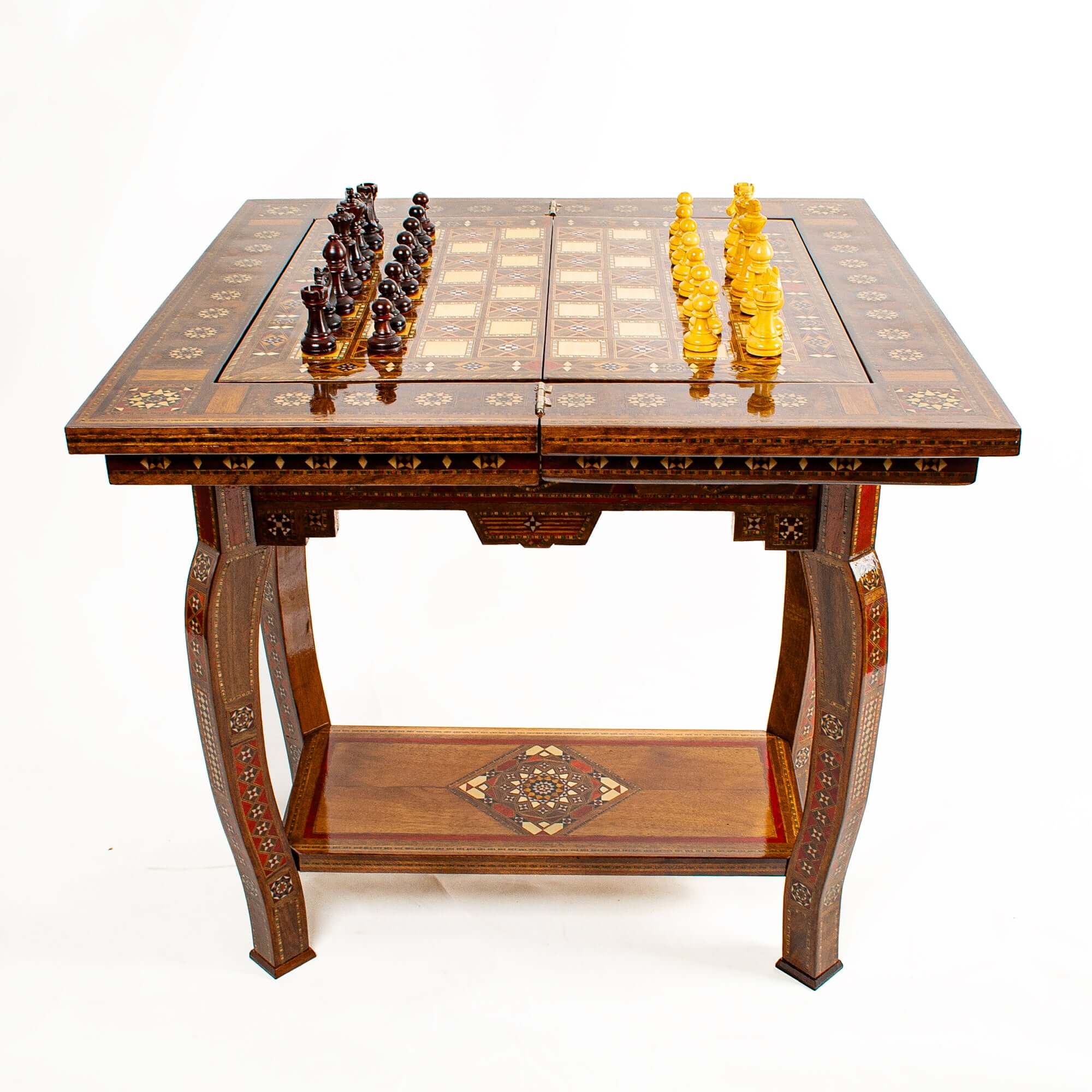

Leave a comment
All comments are moderated before being published.
This site is protected by hCaptcha and the hCaptcha Privacy Policy and Terms of Service apply.